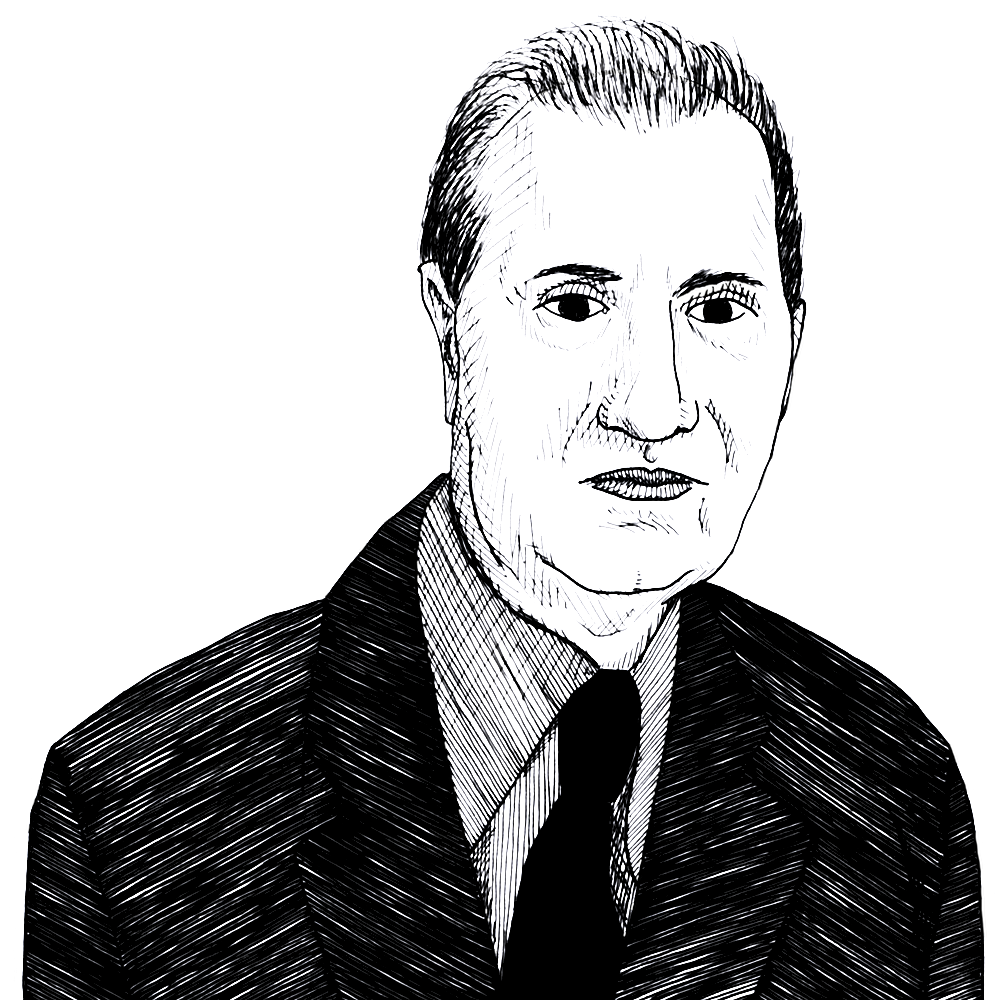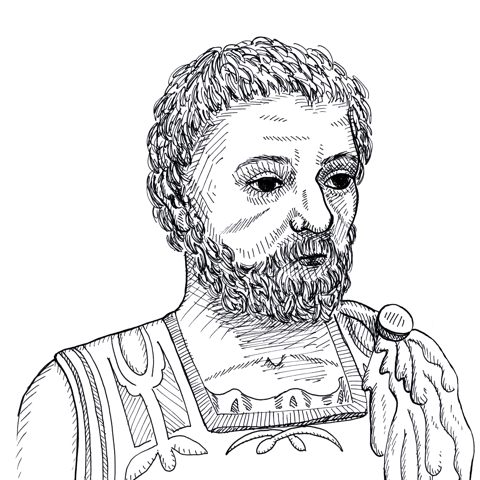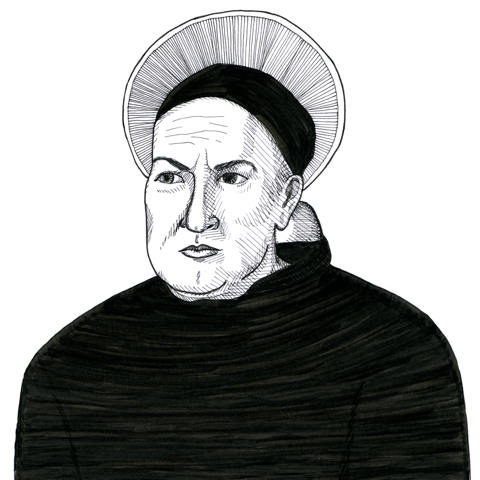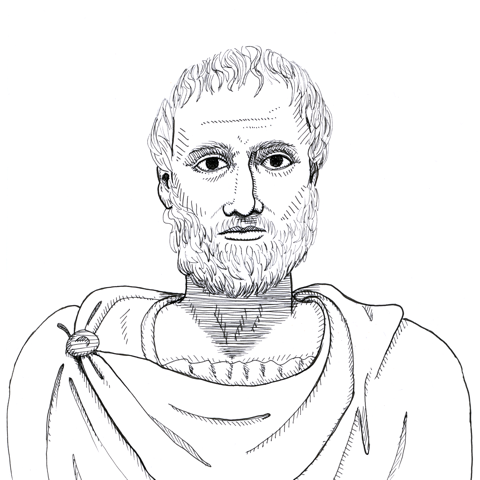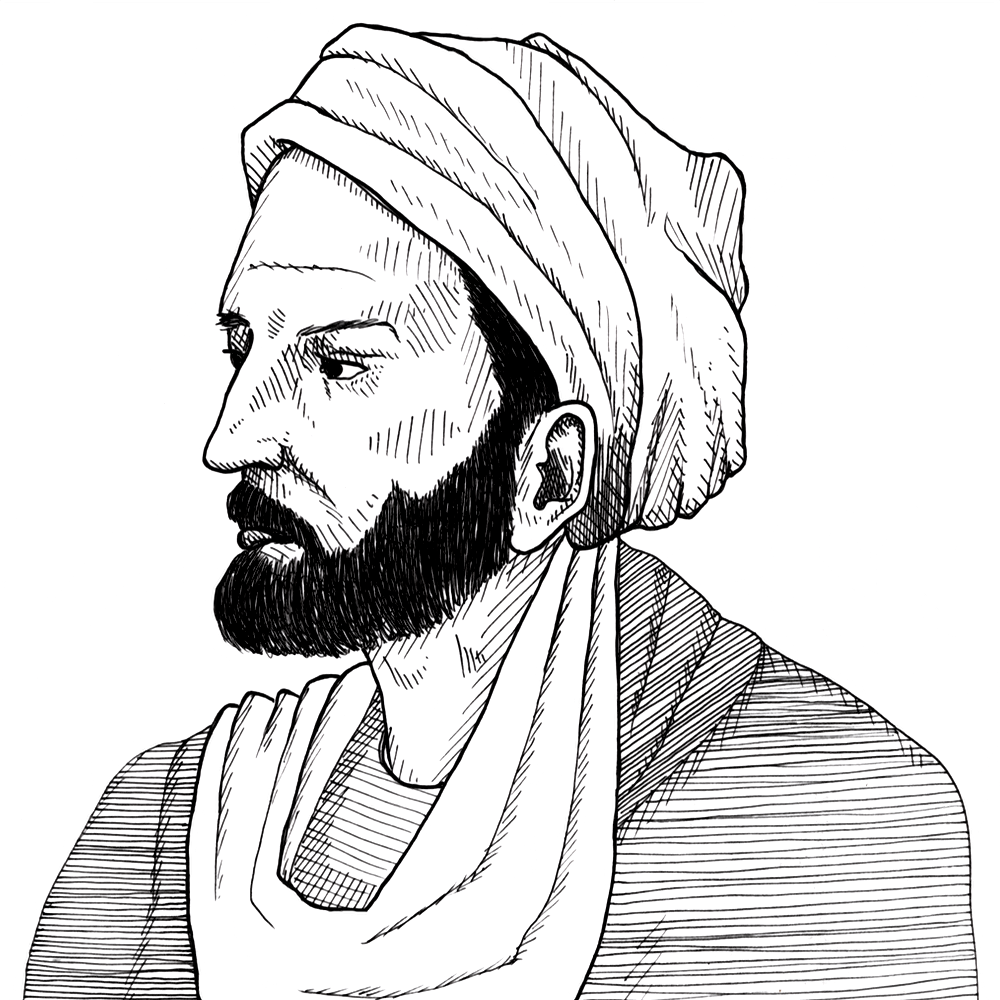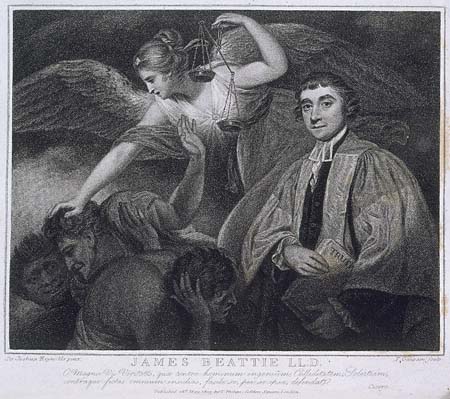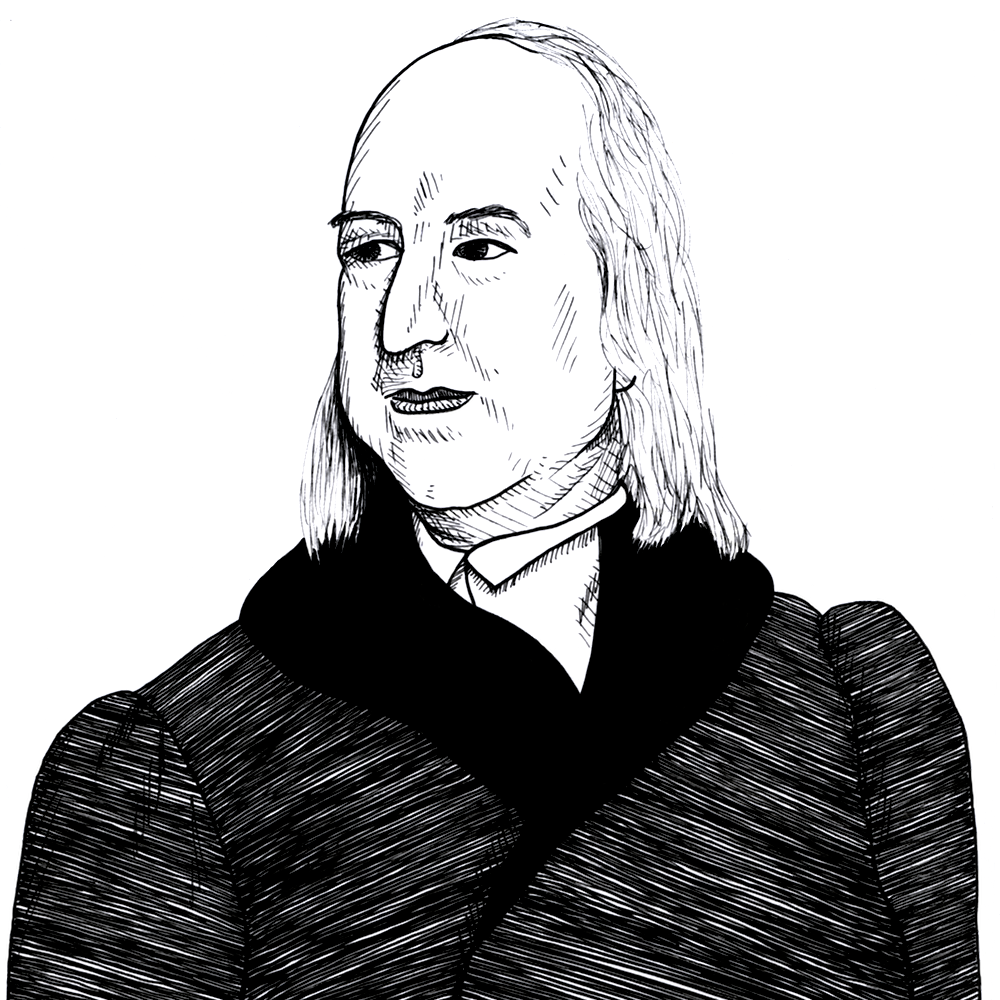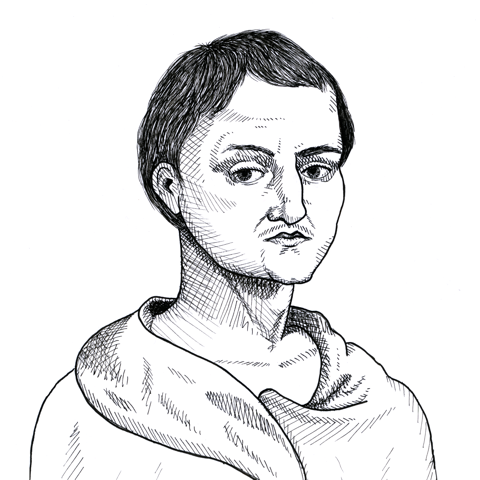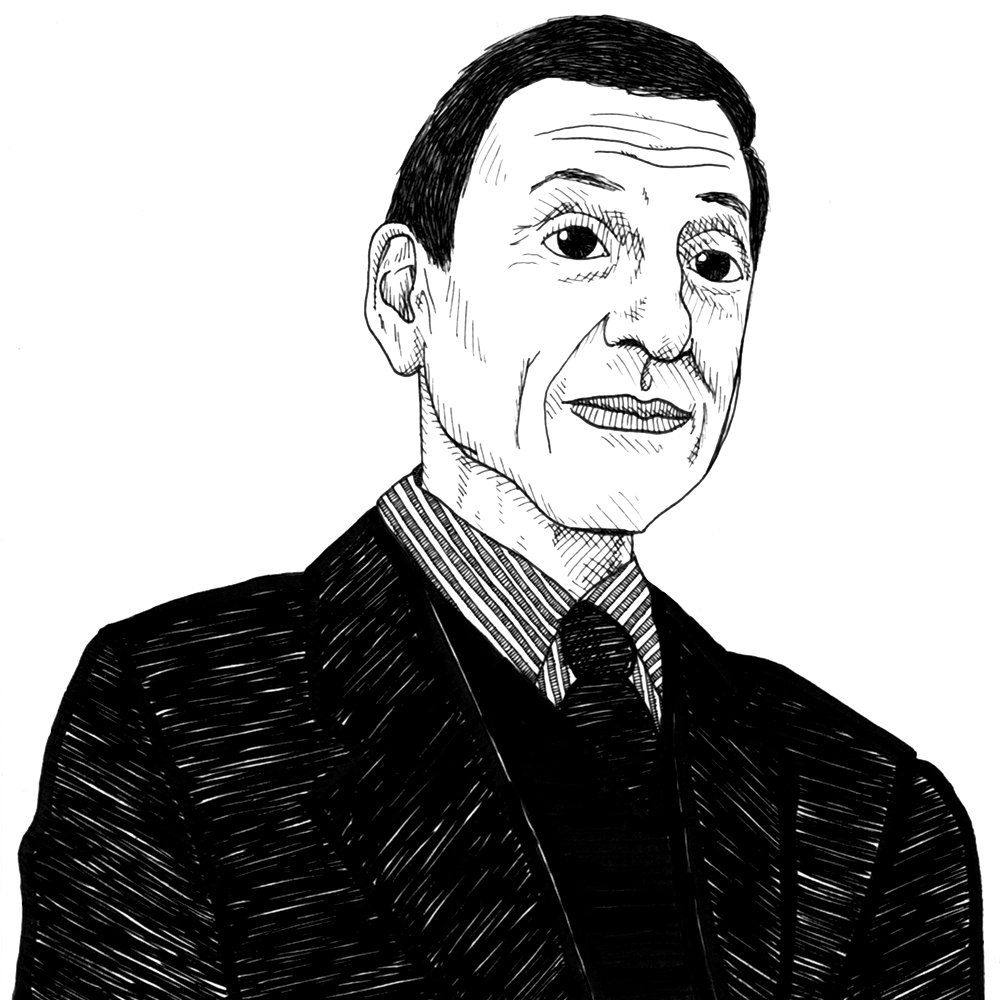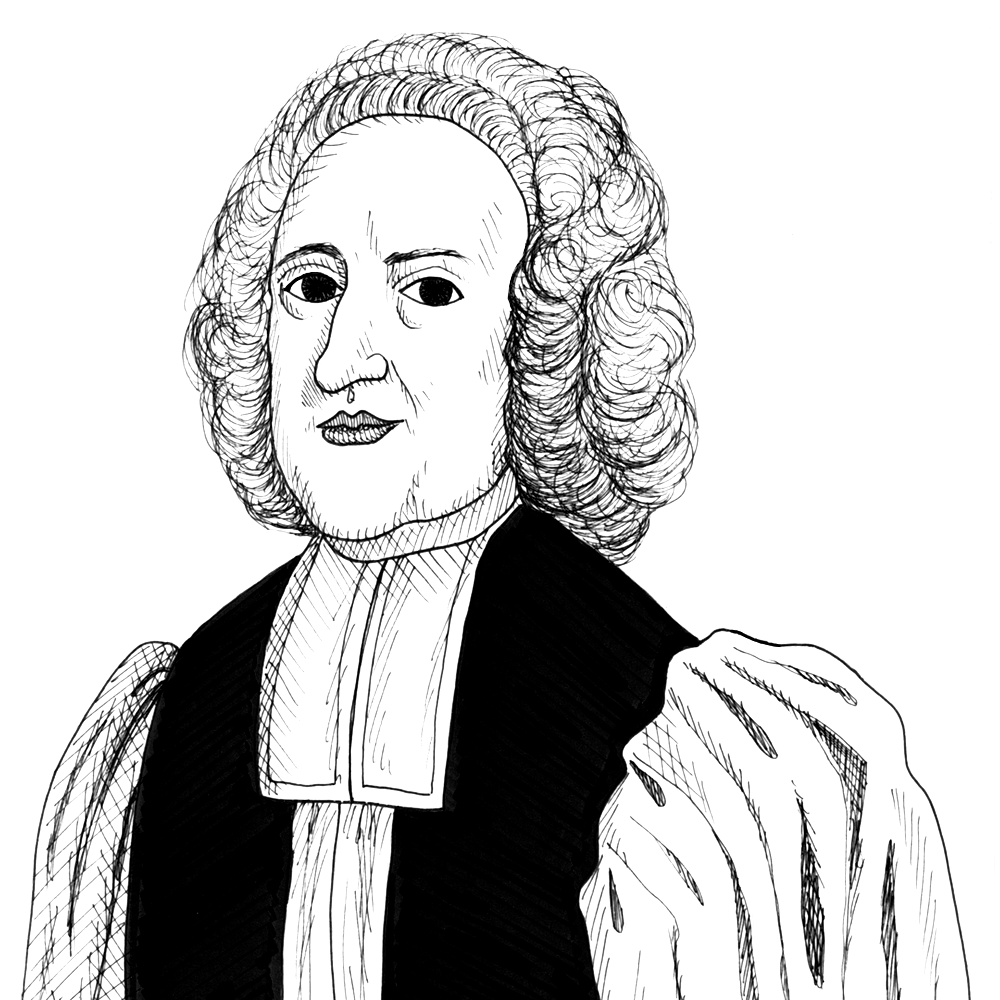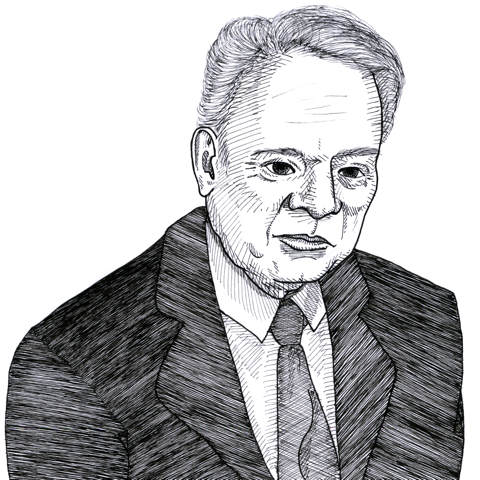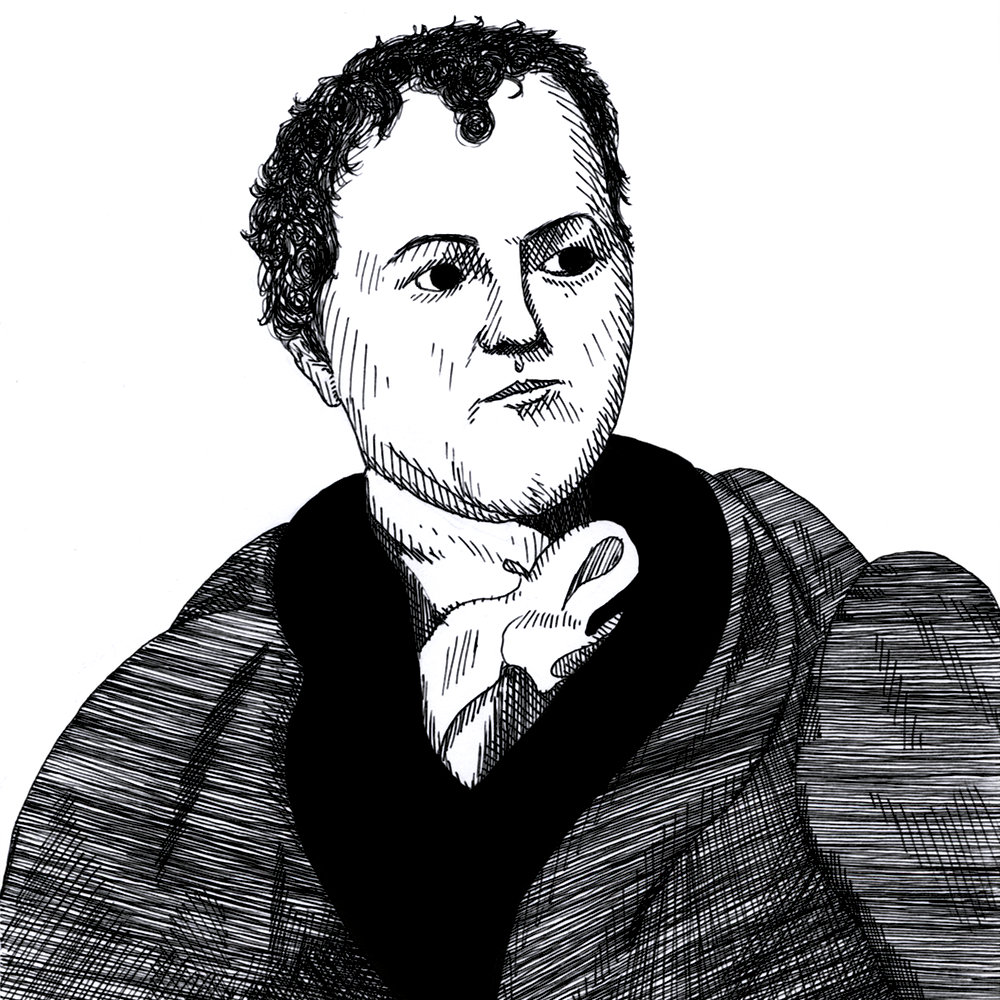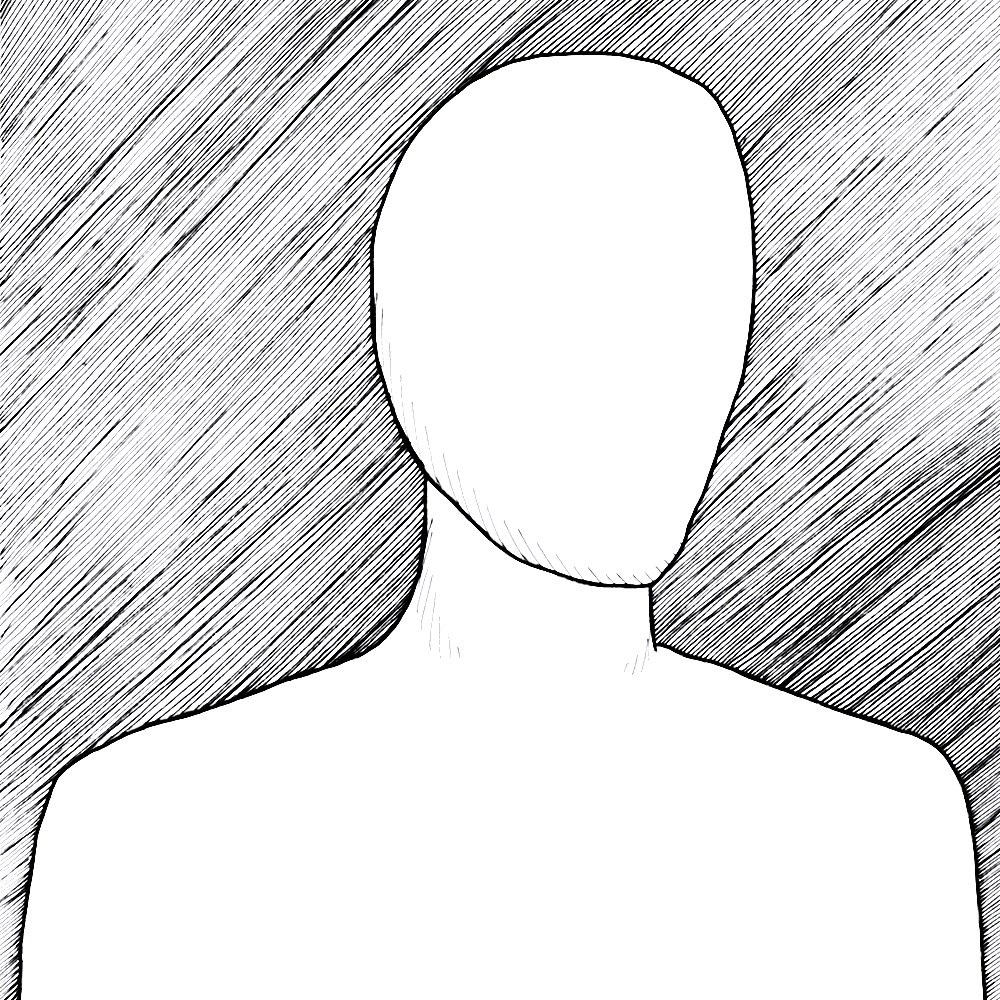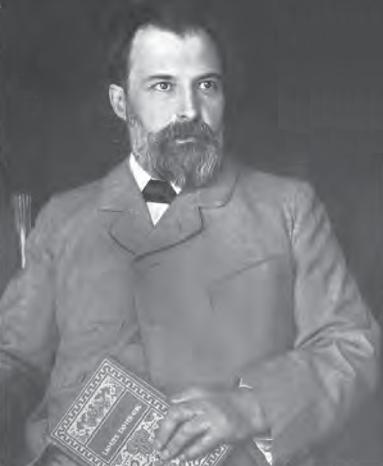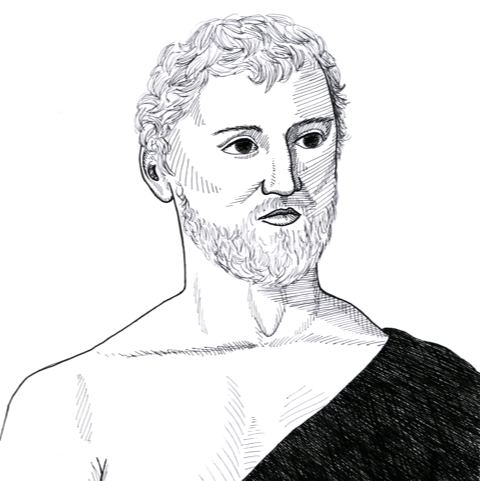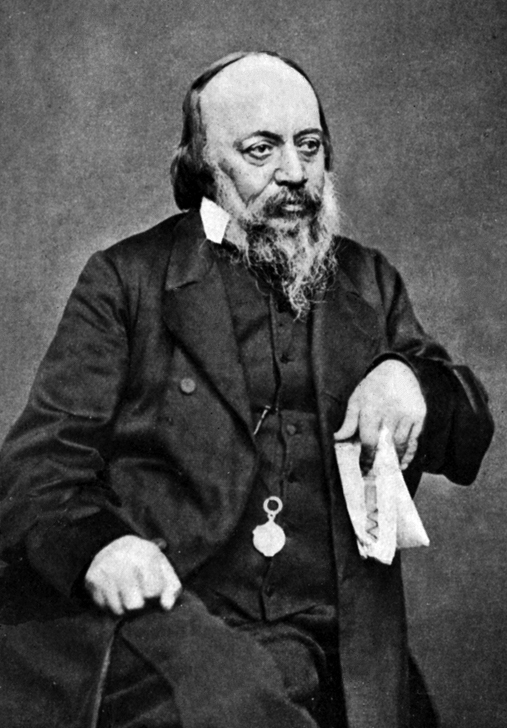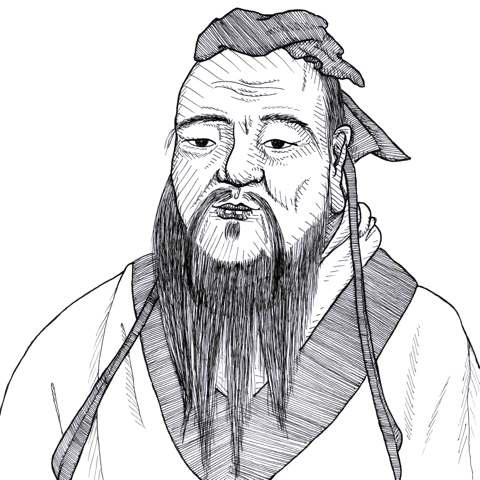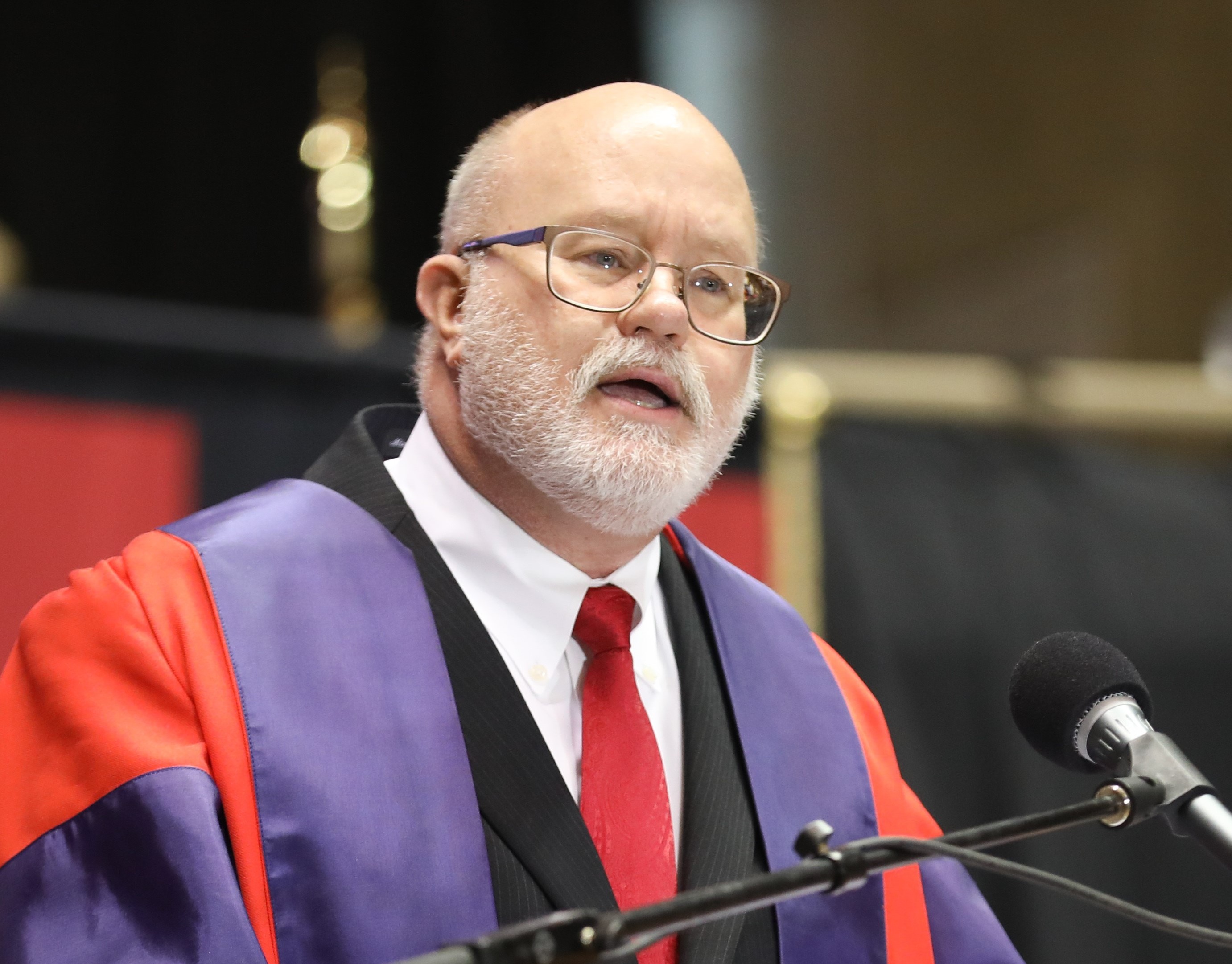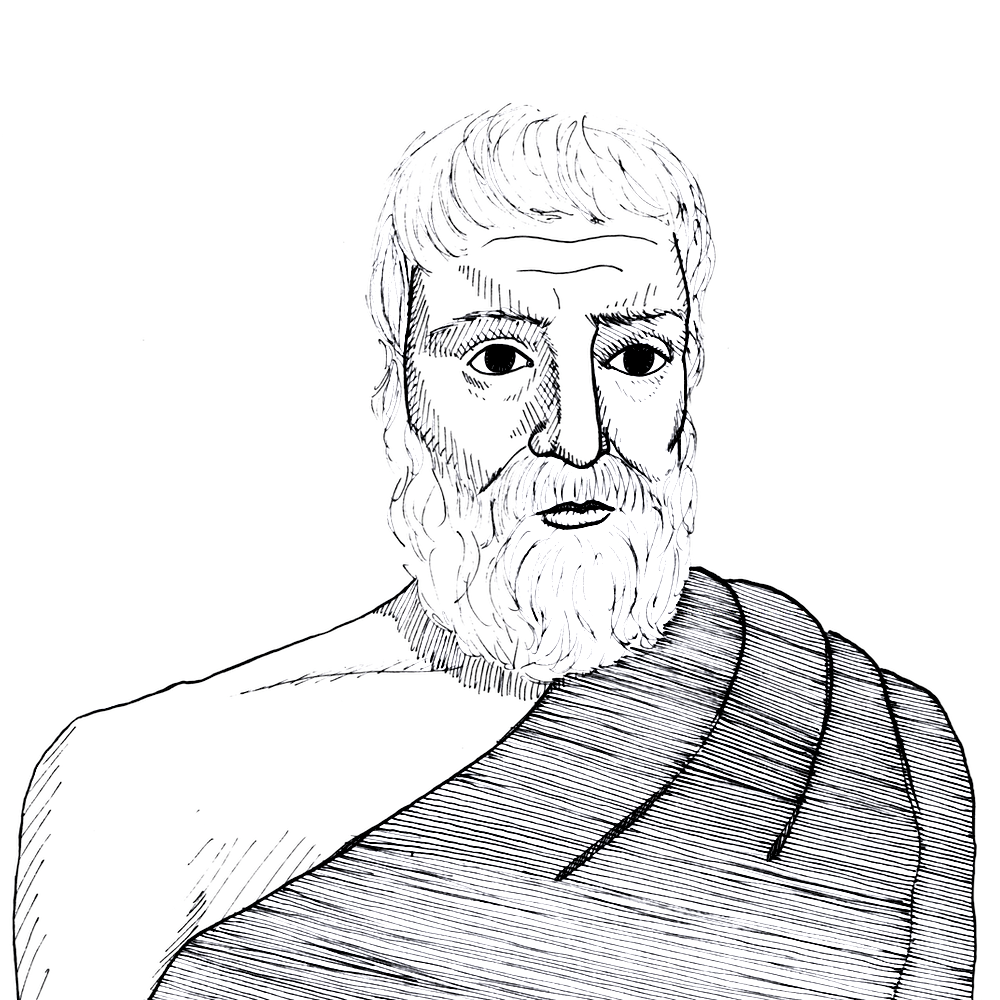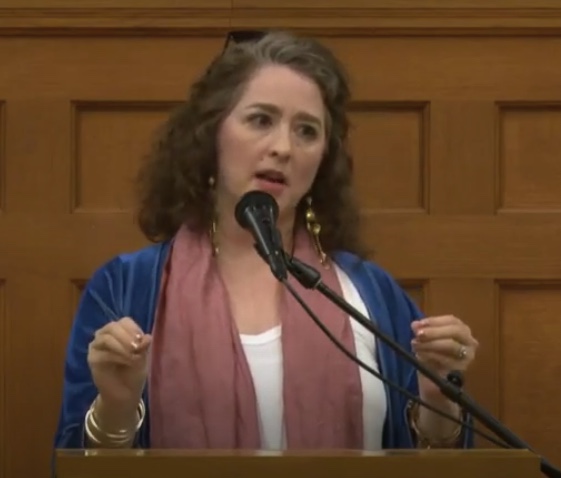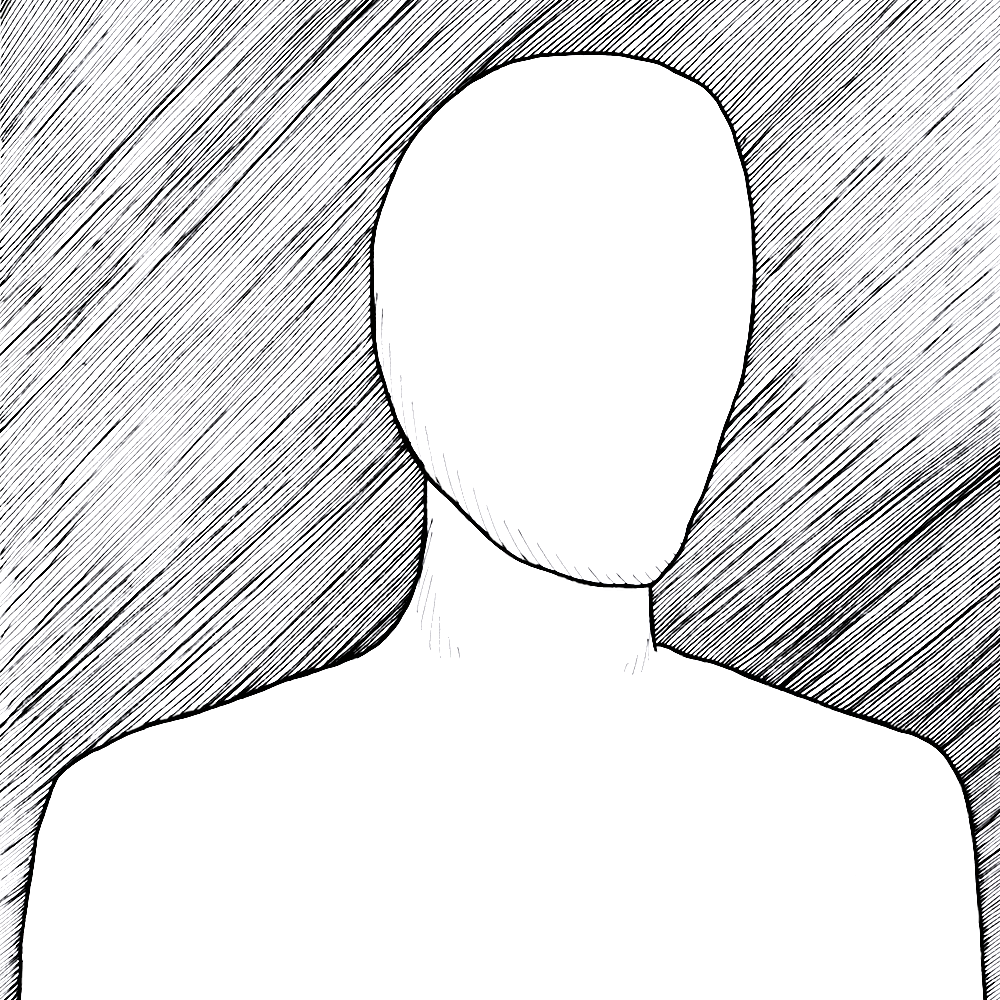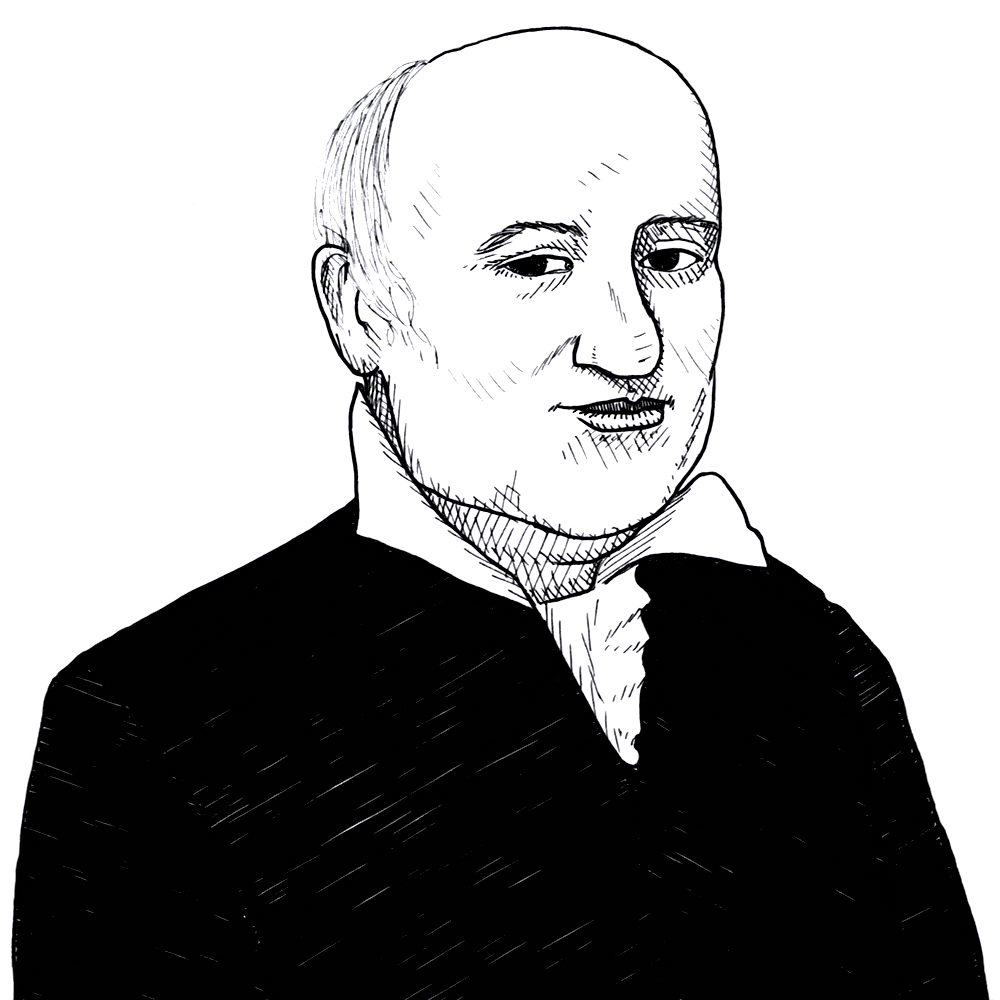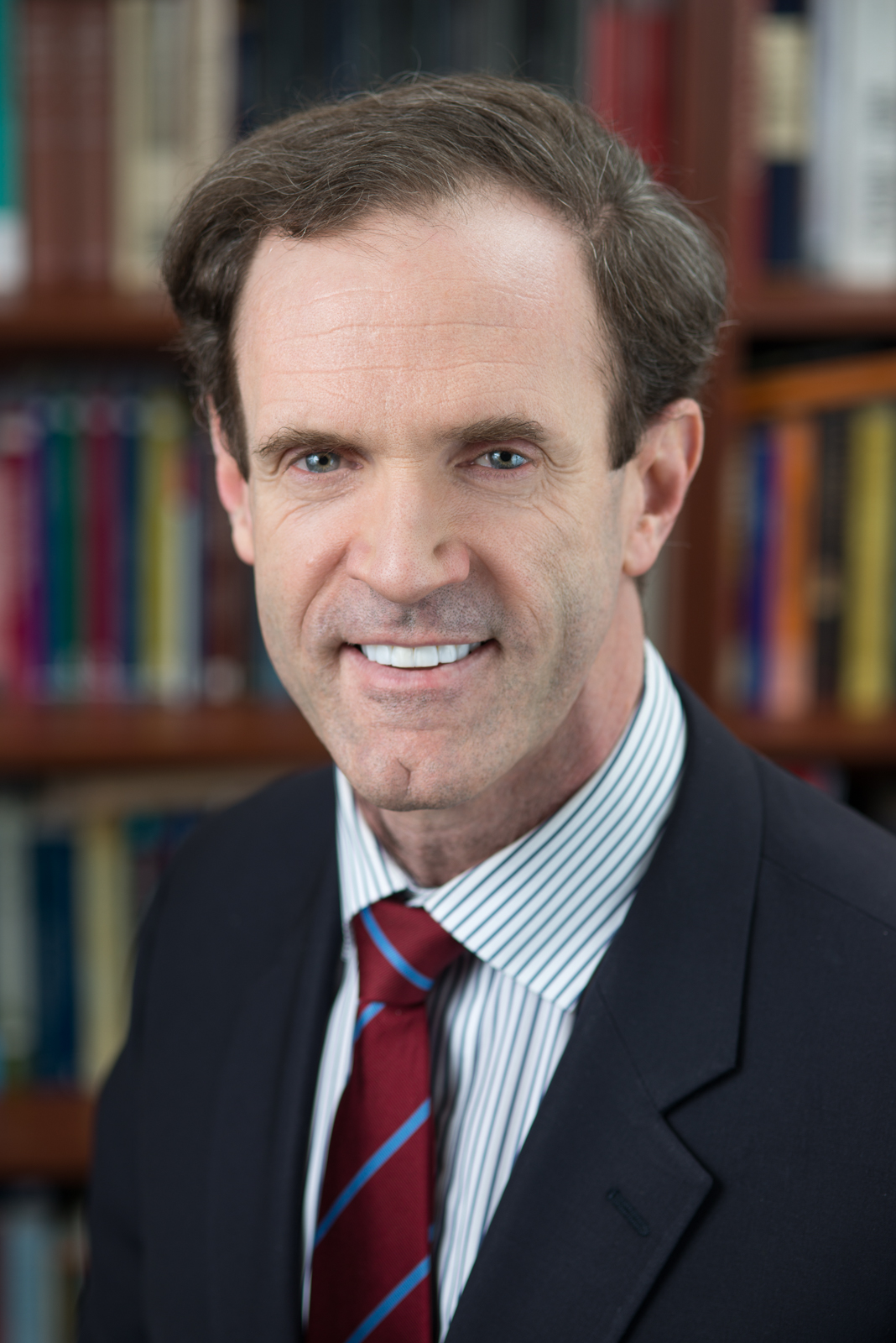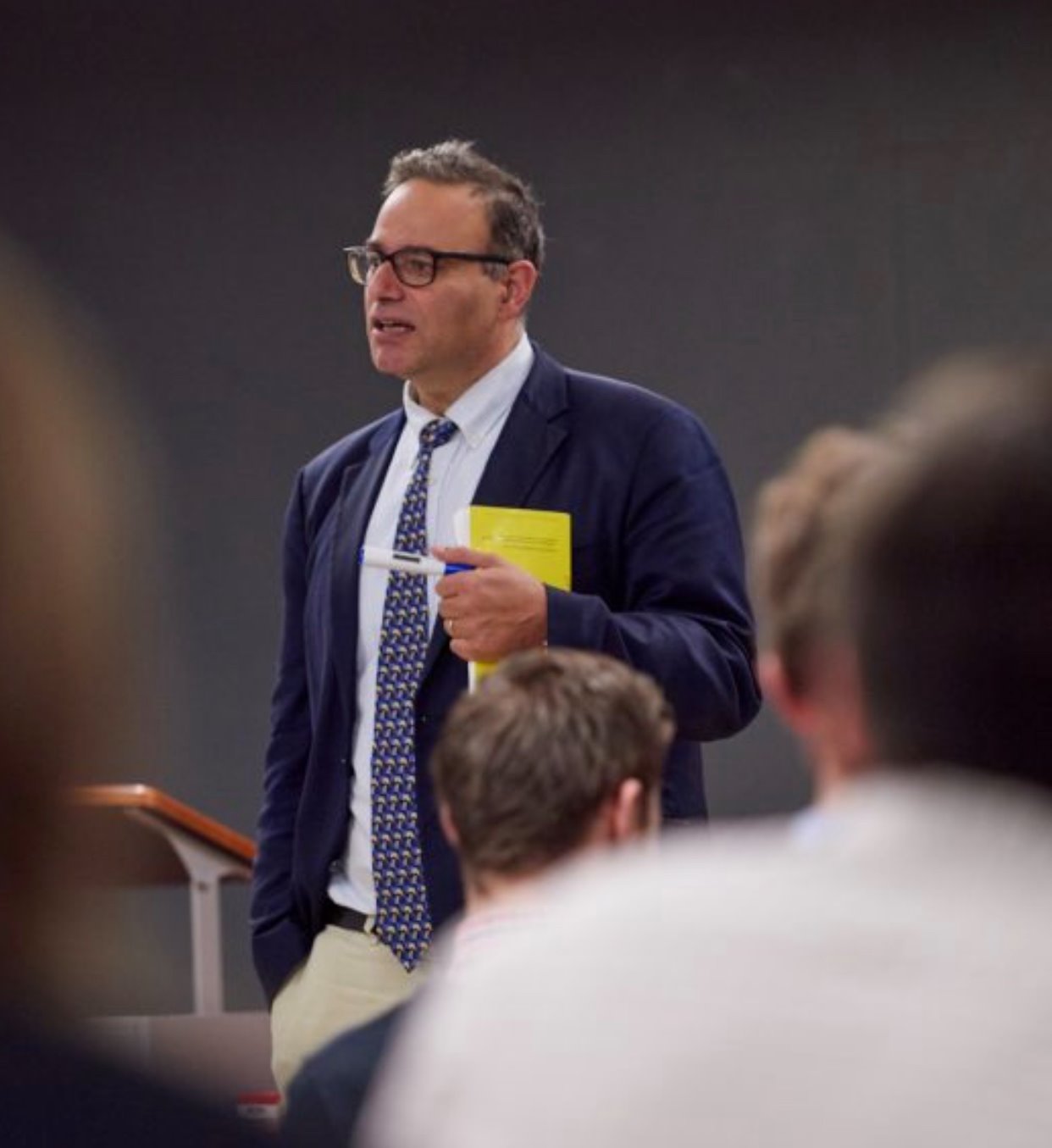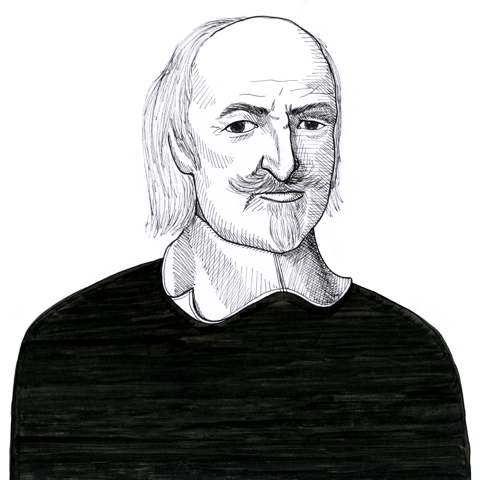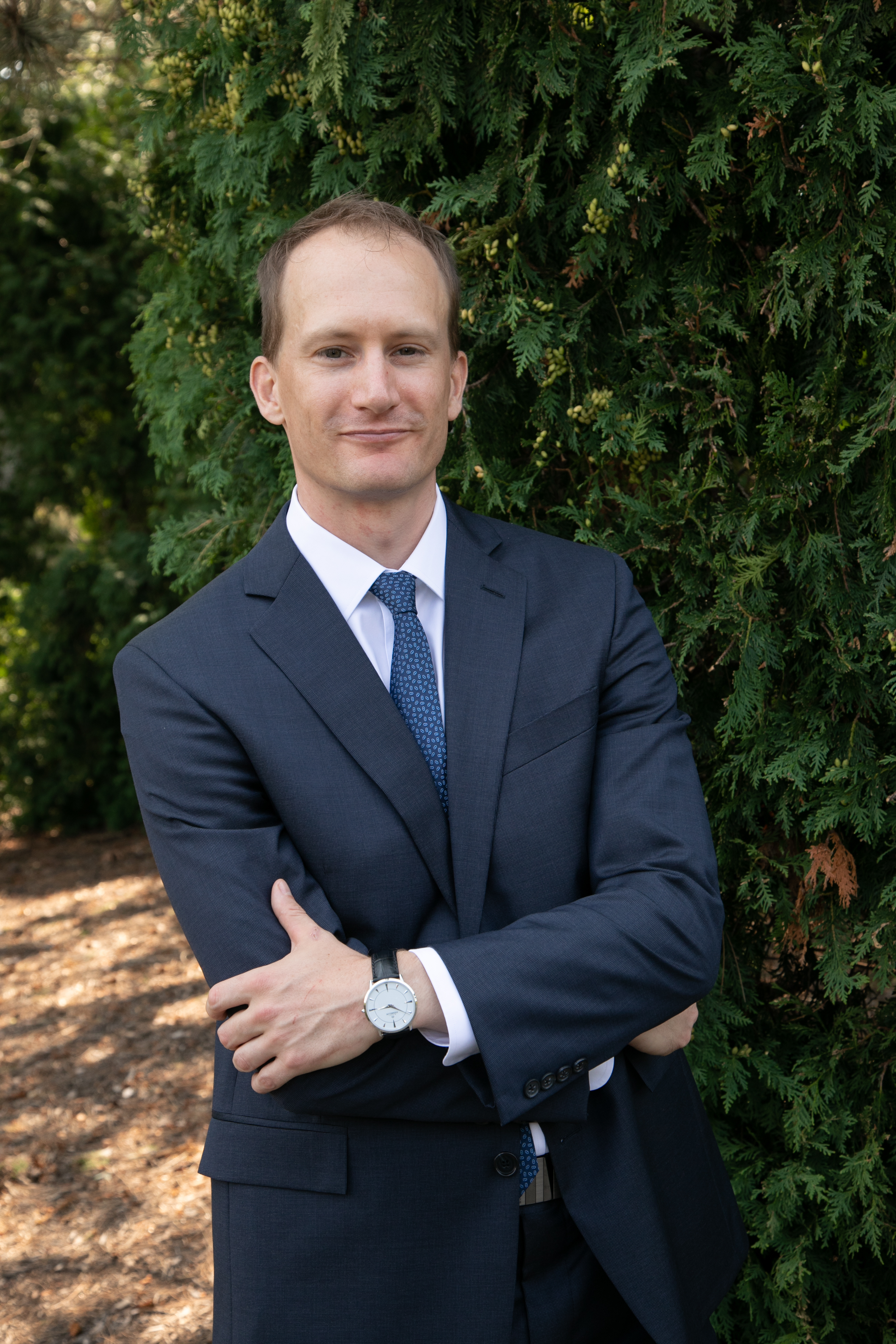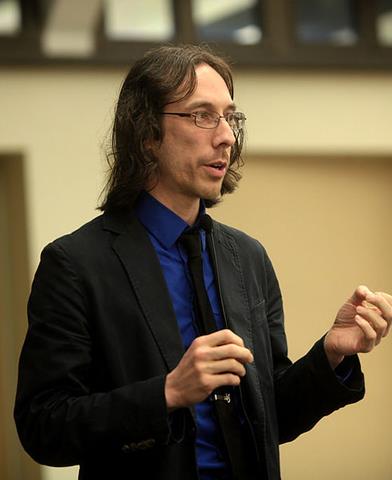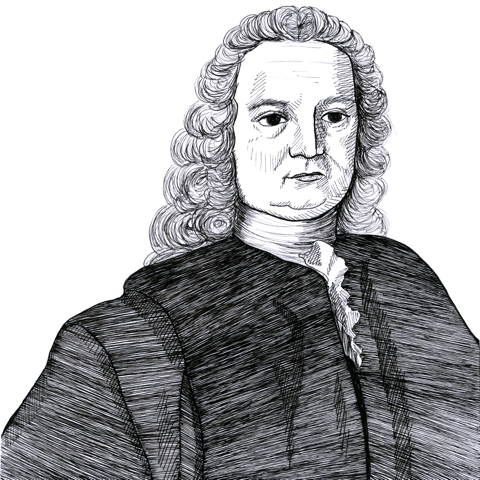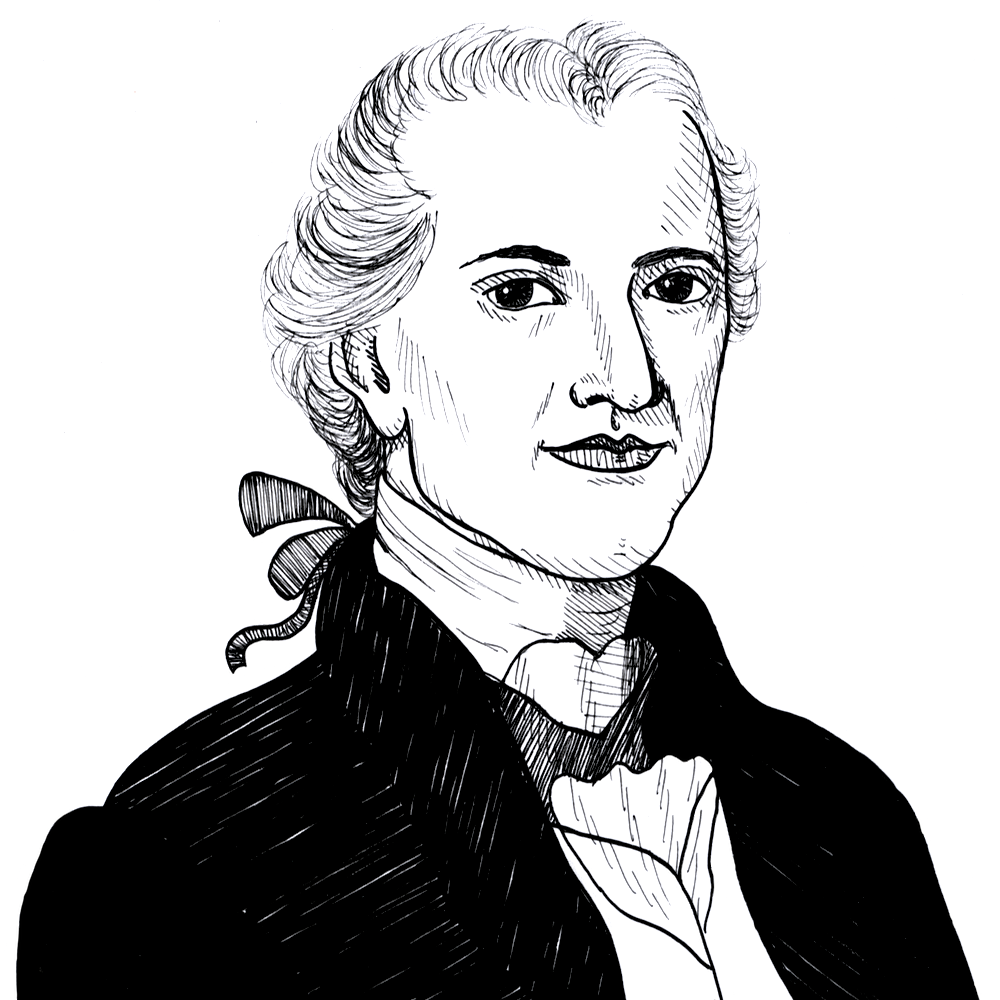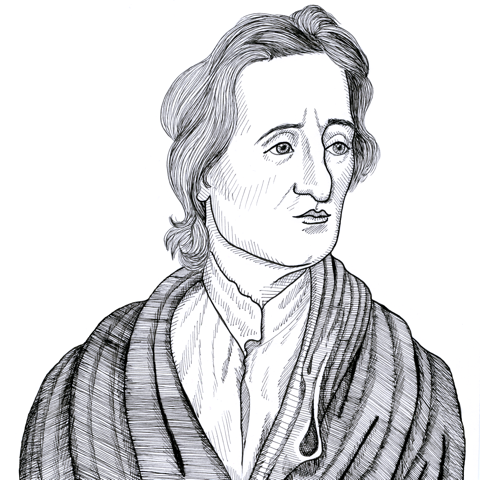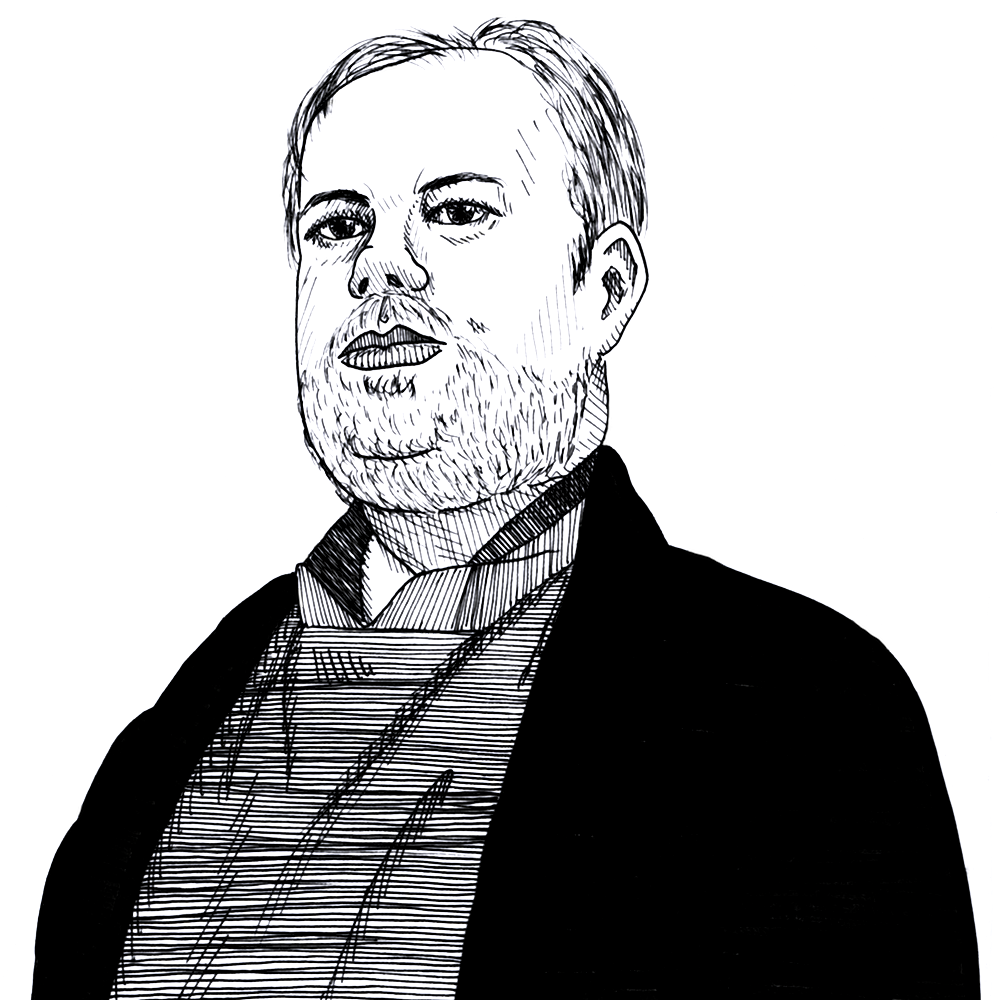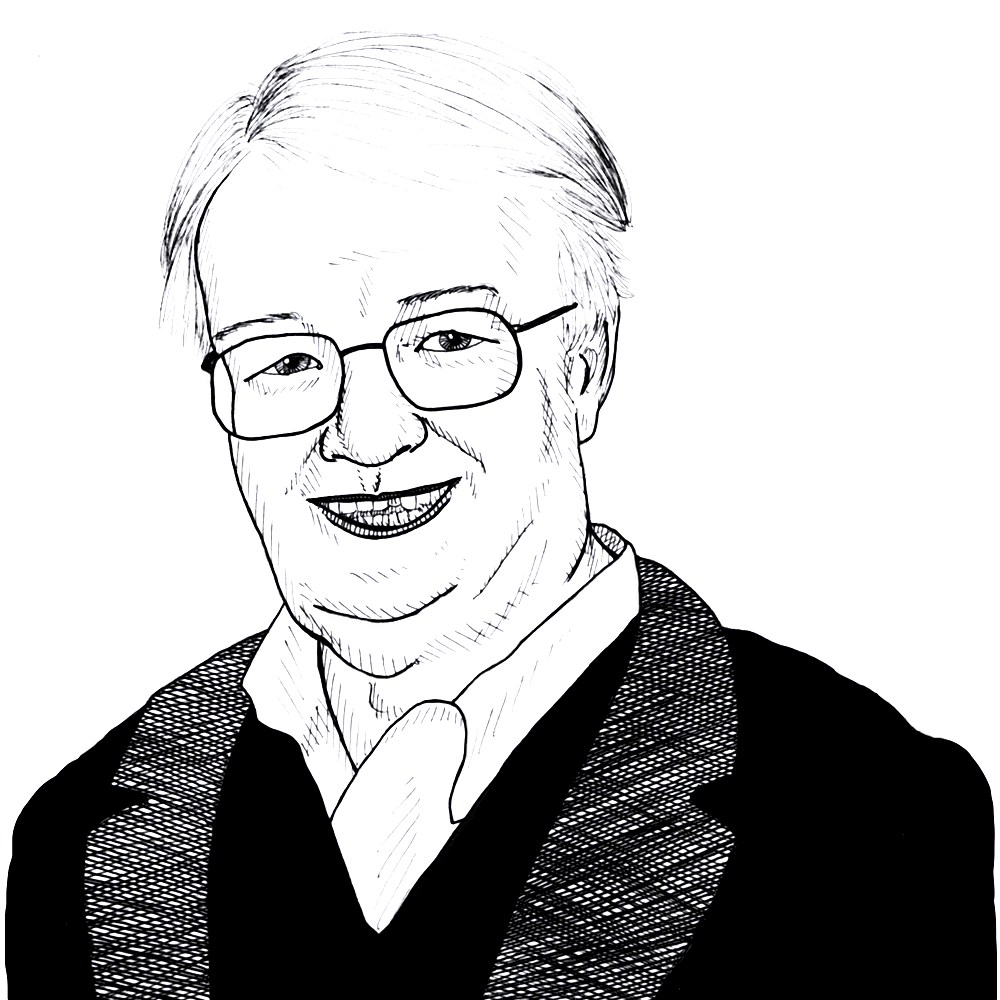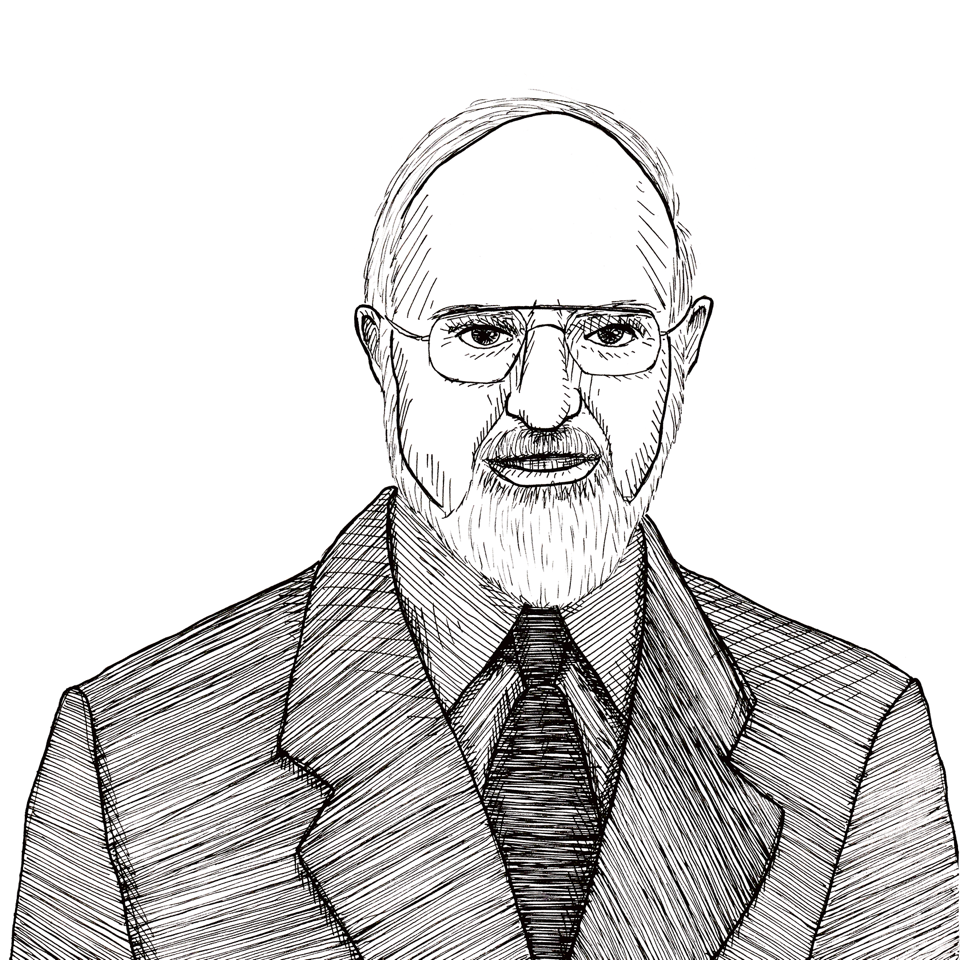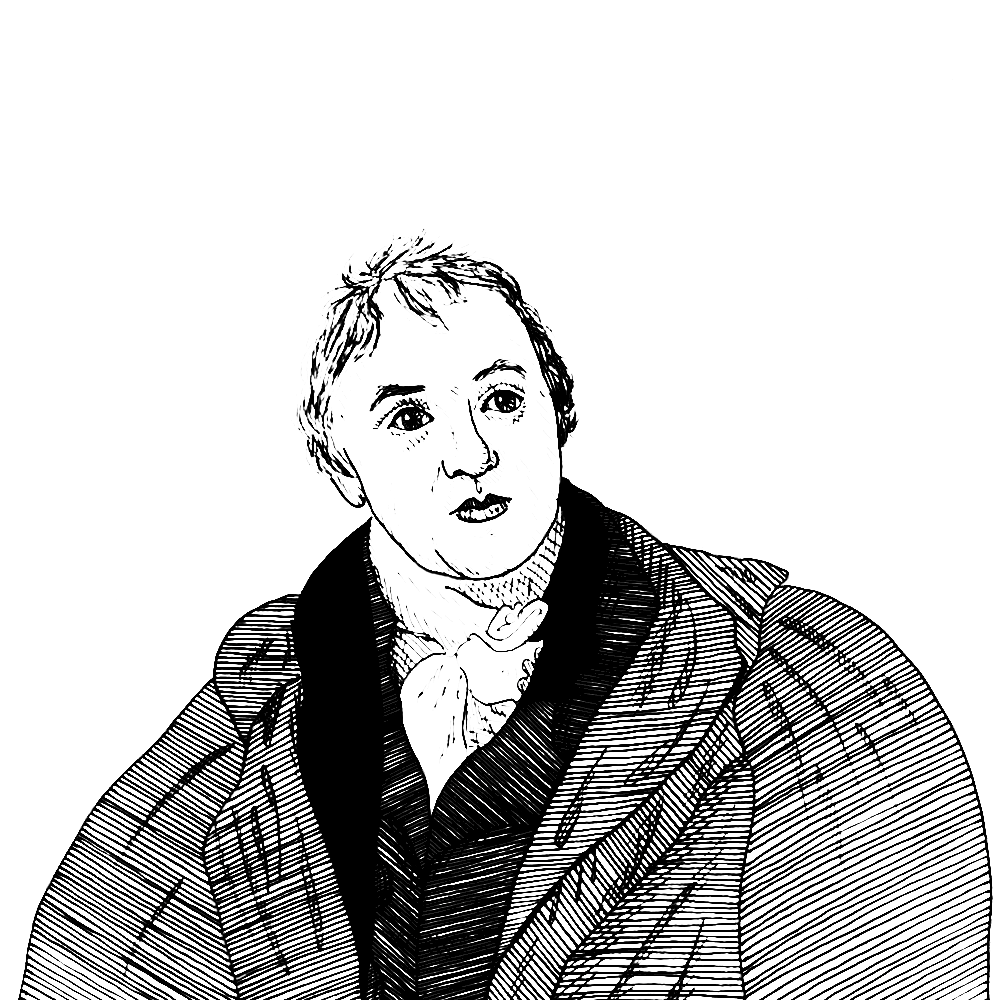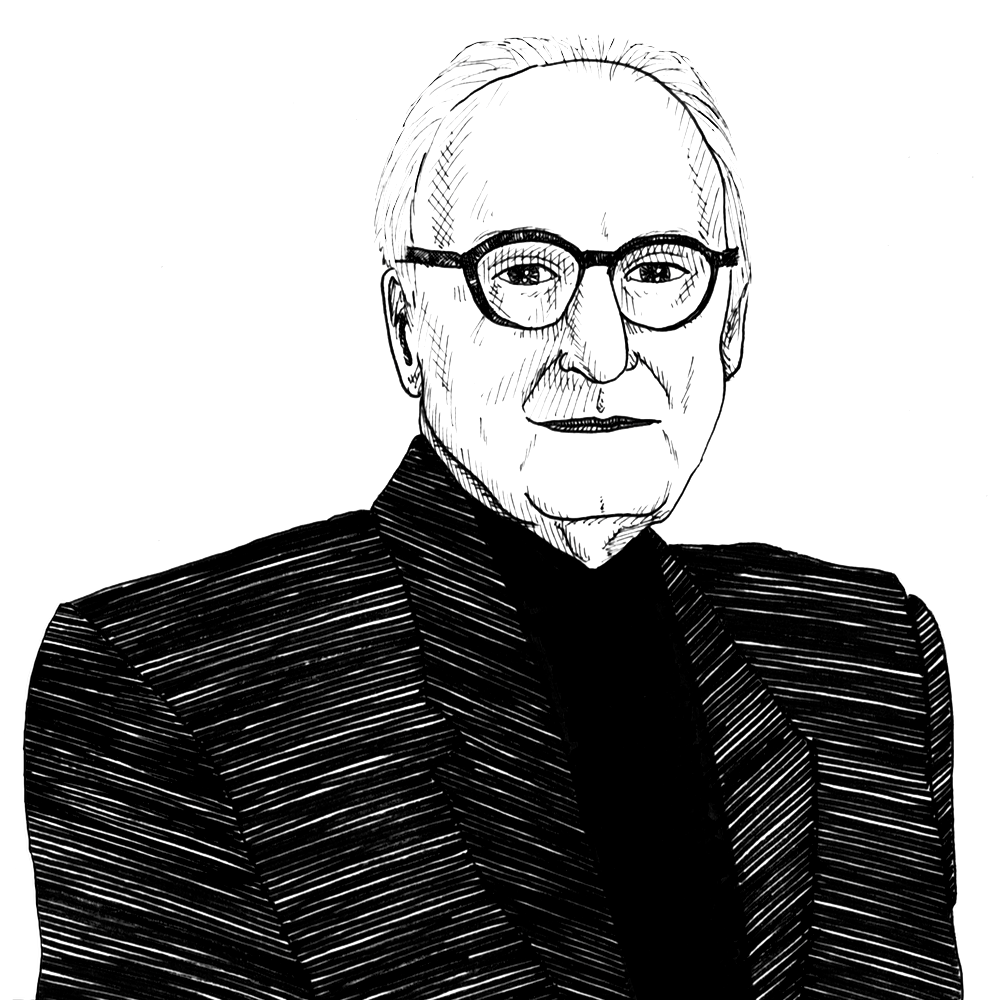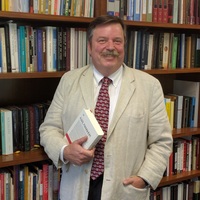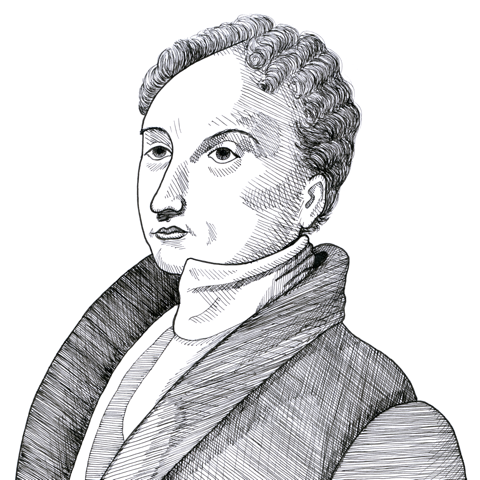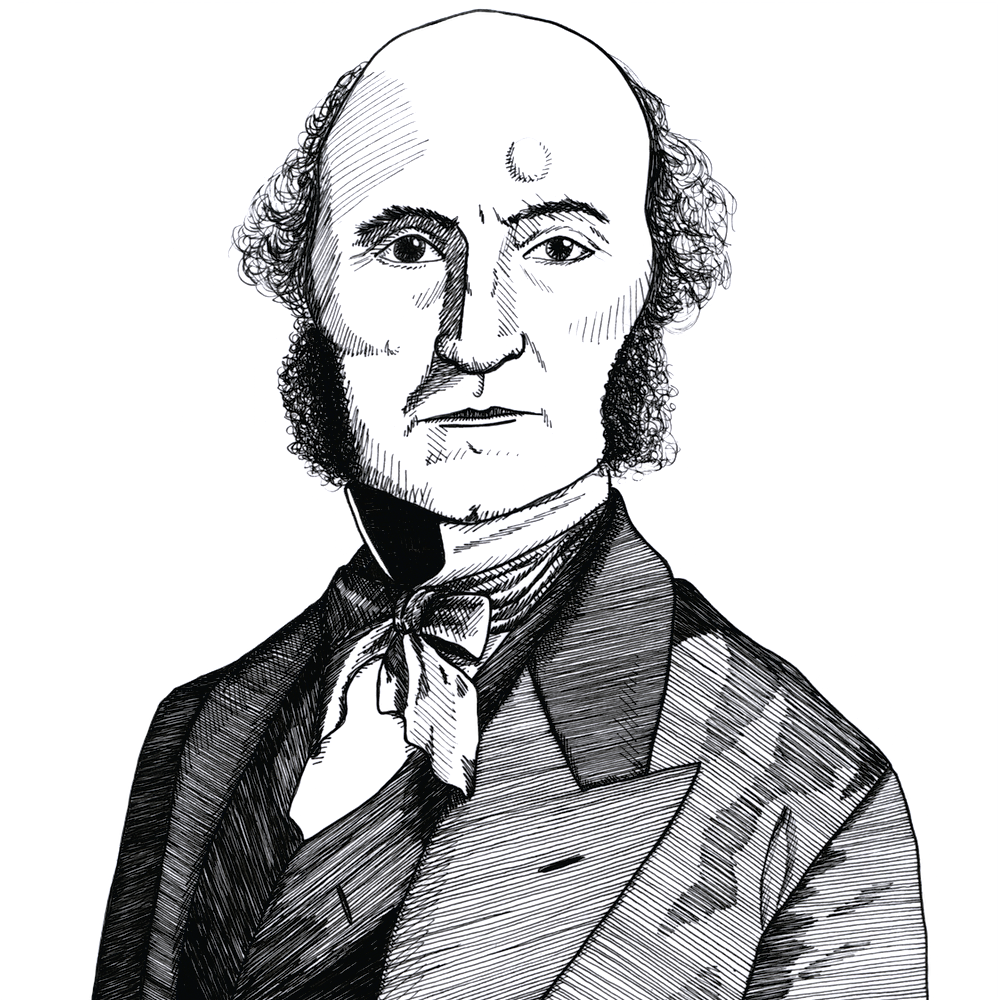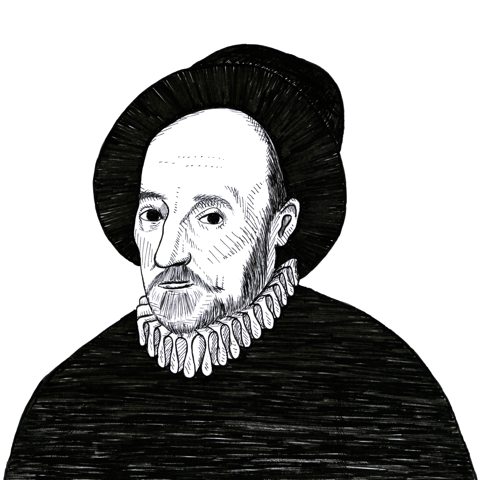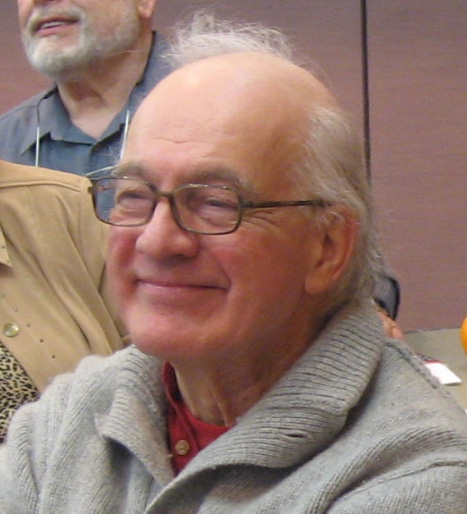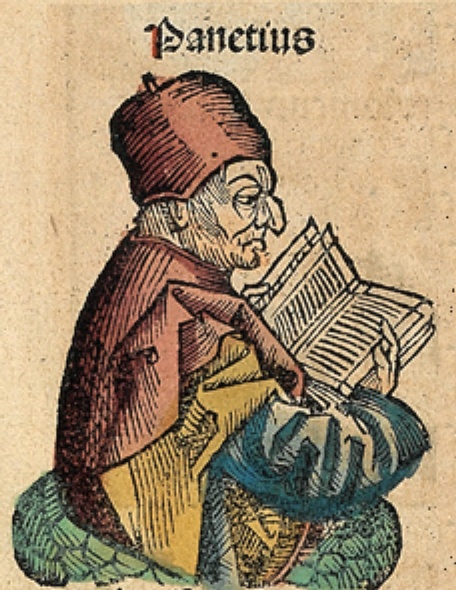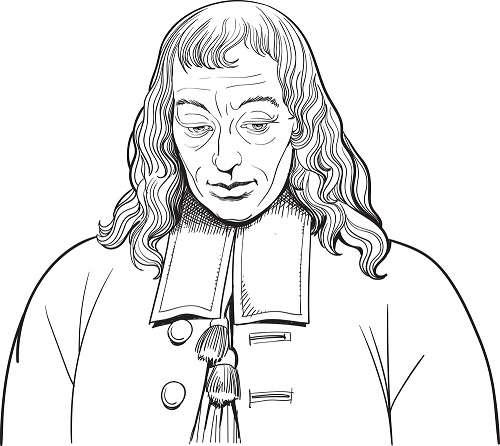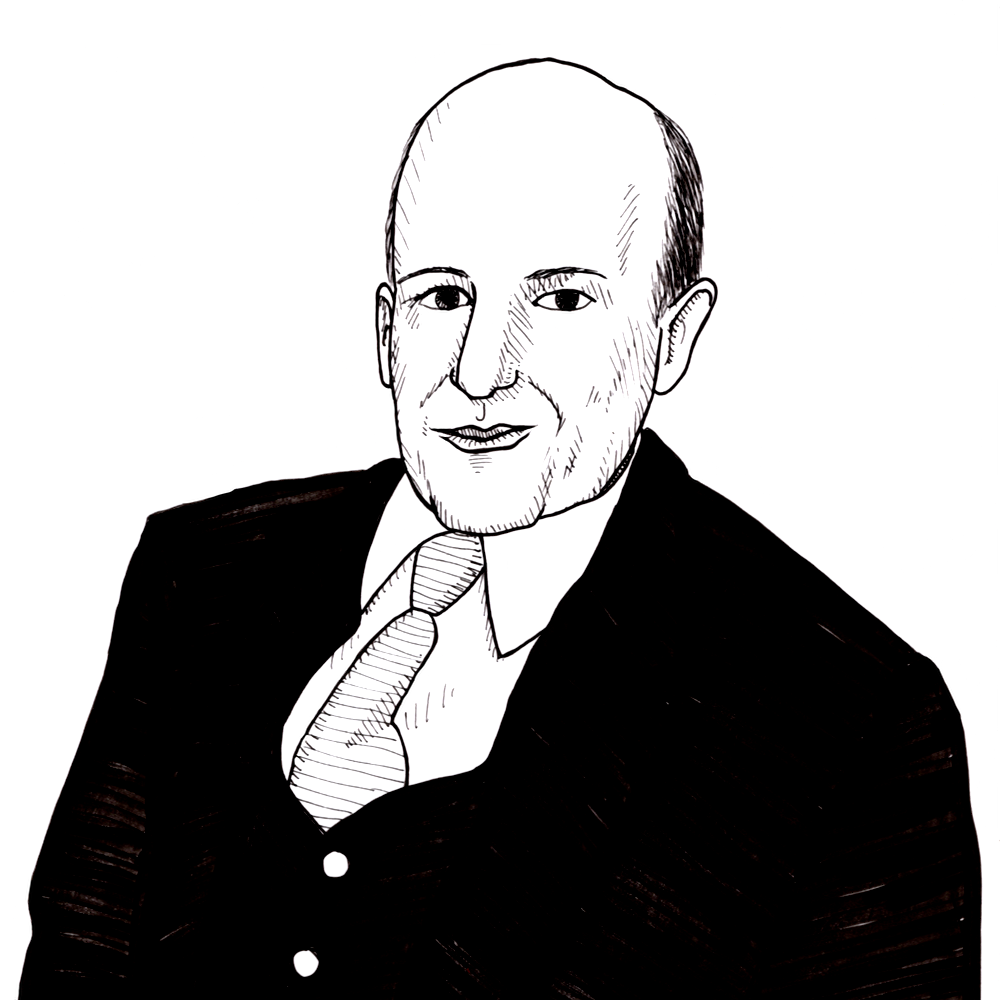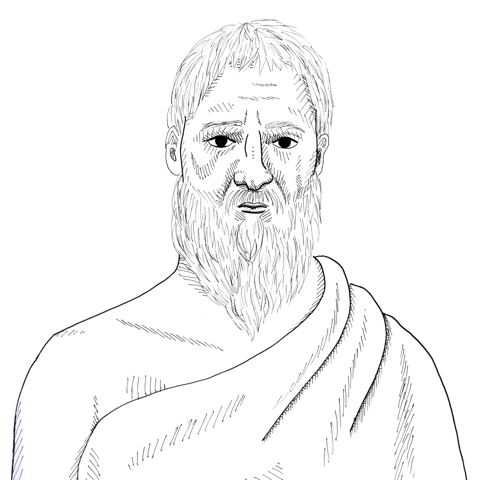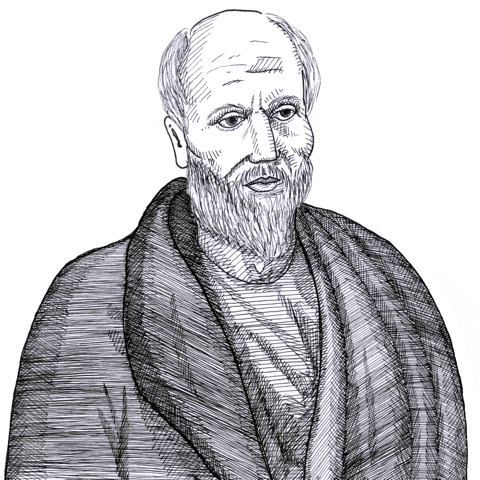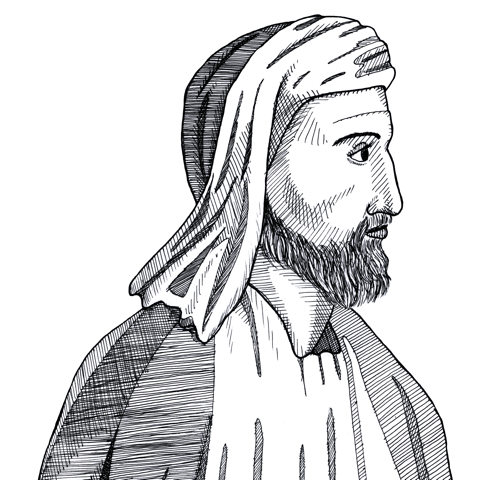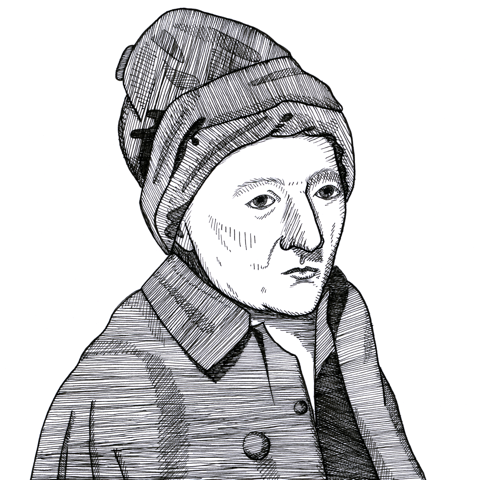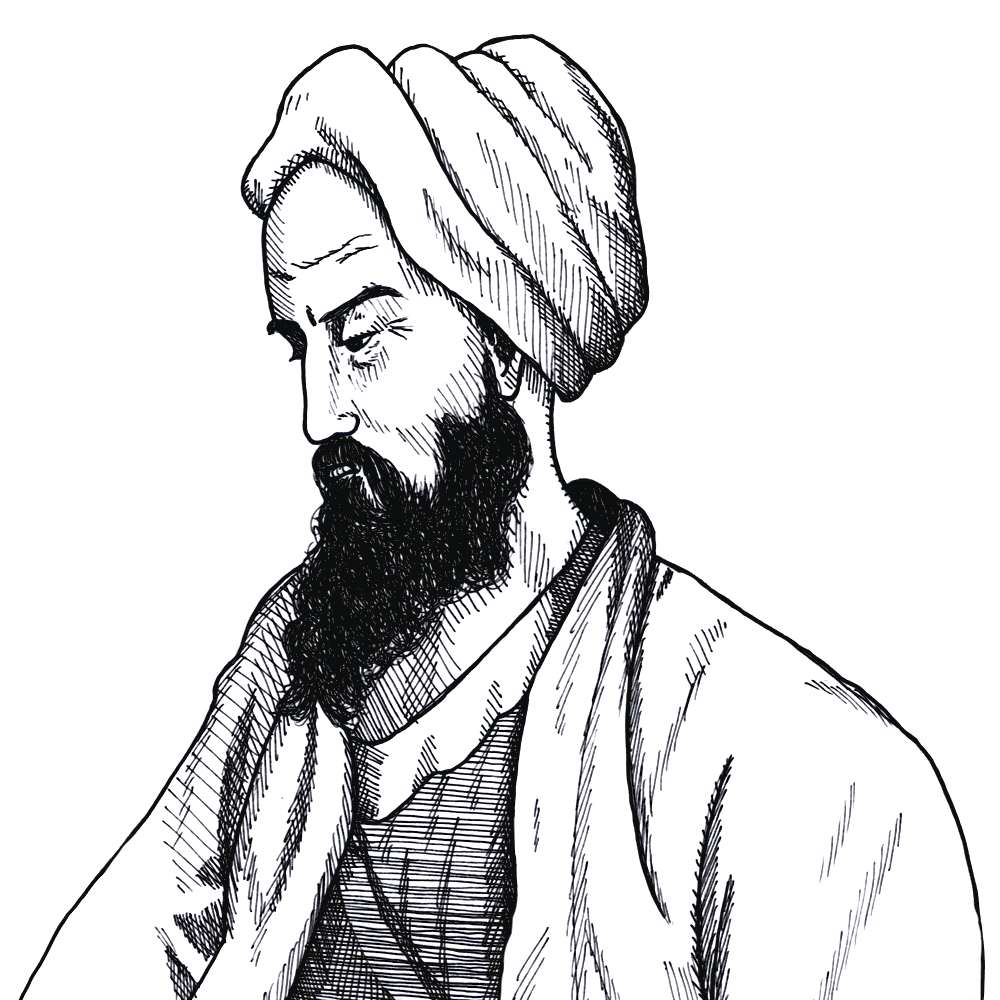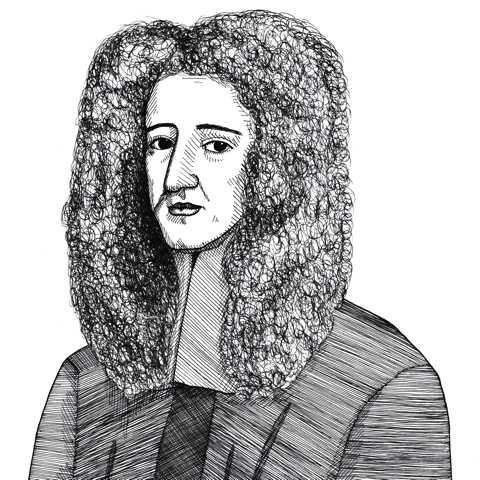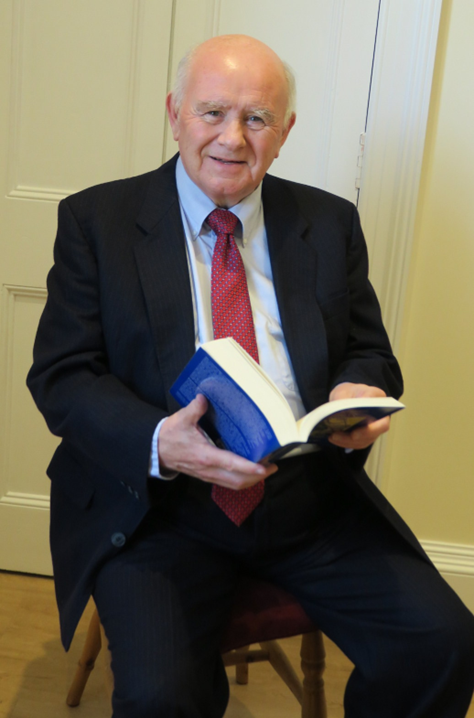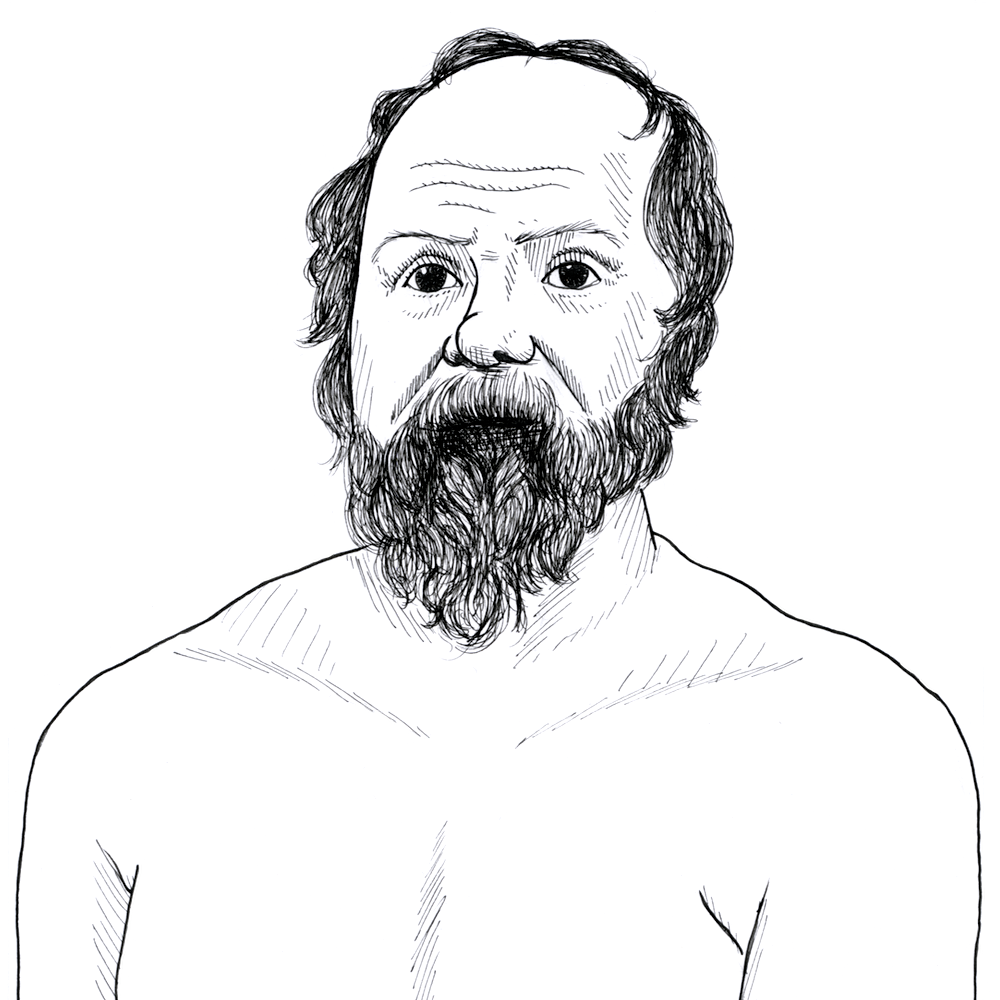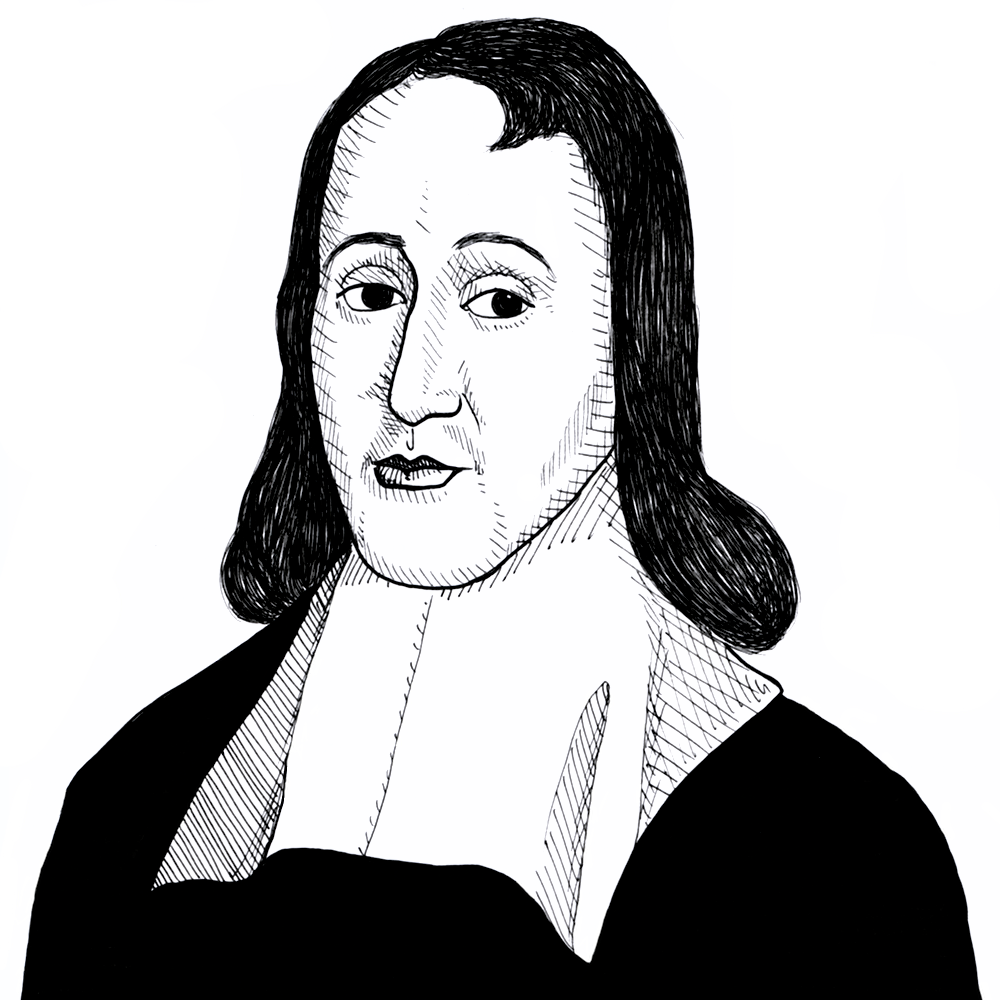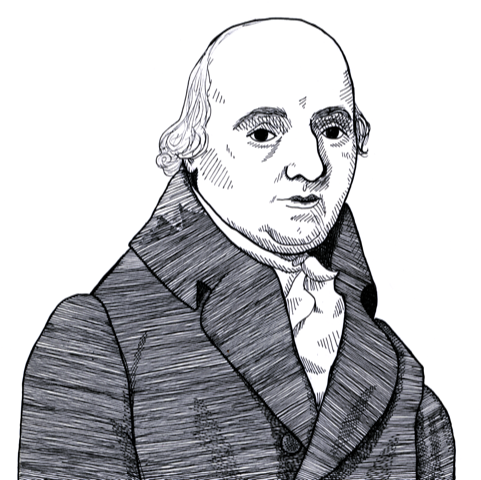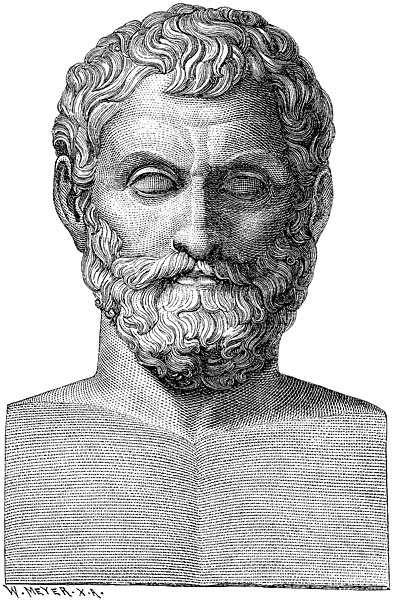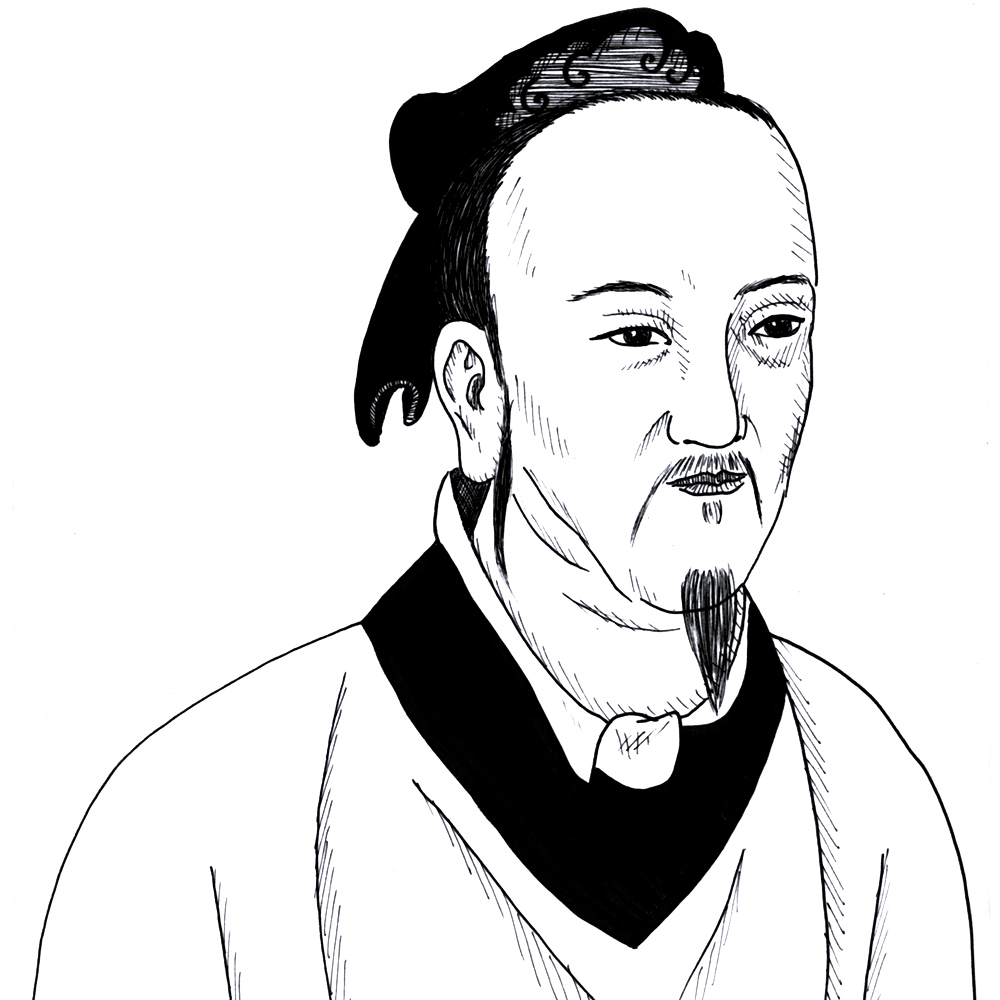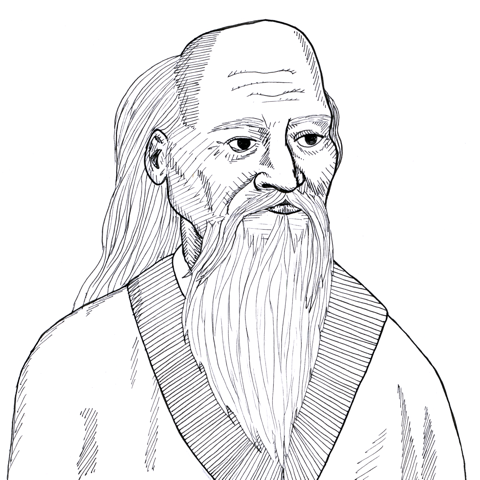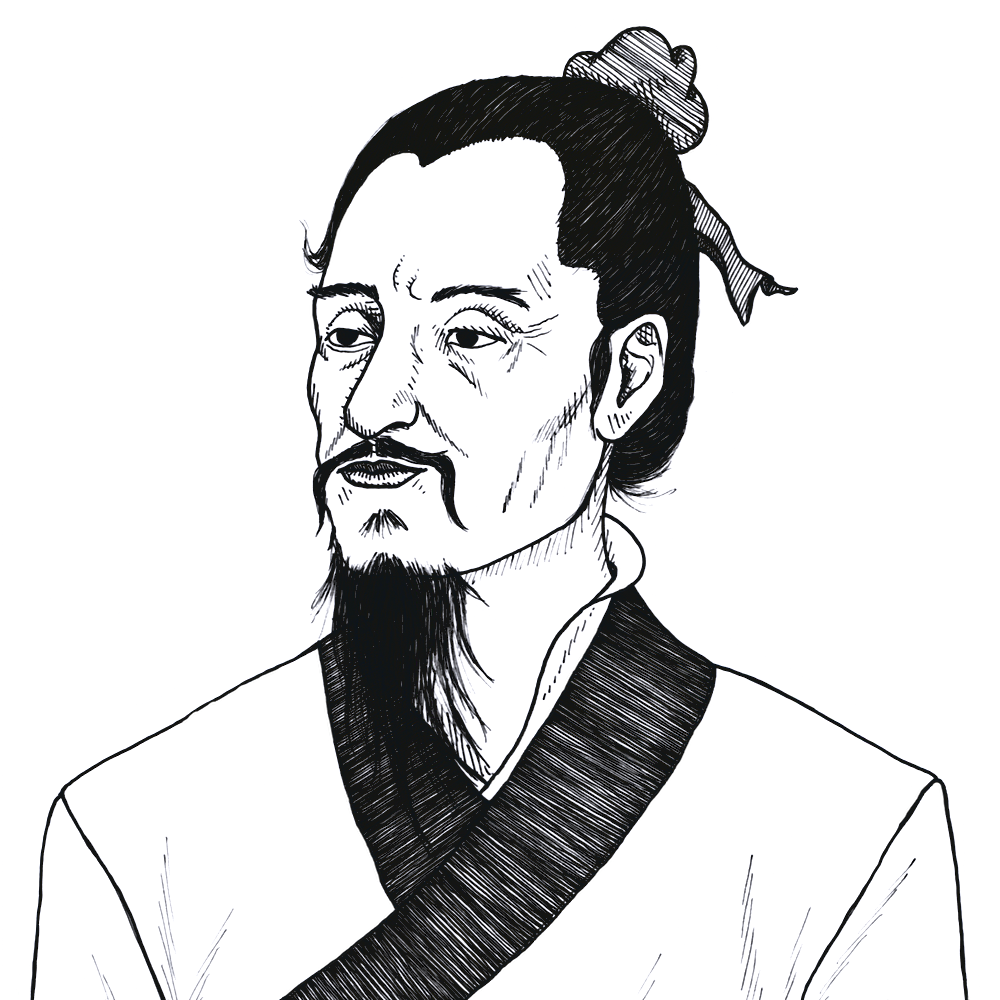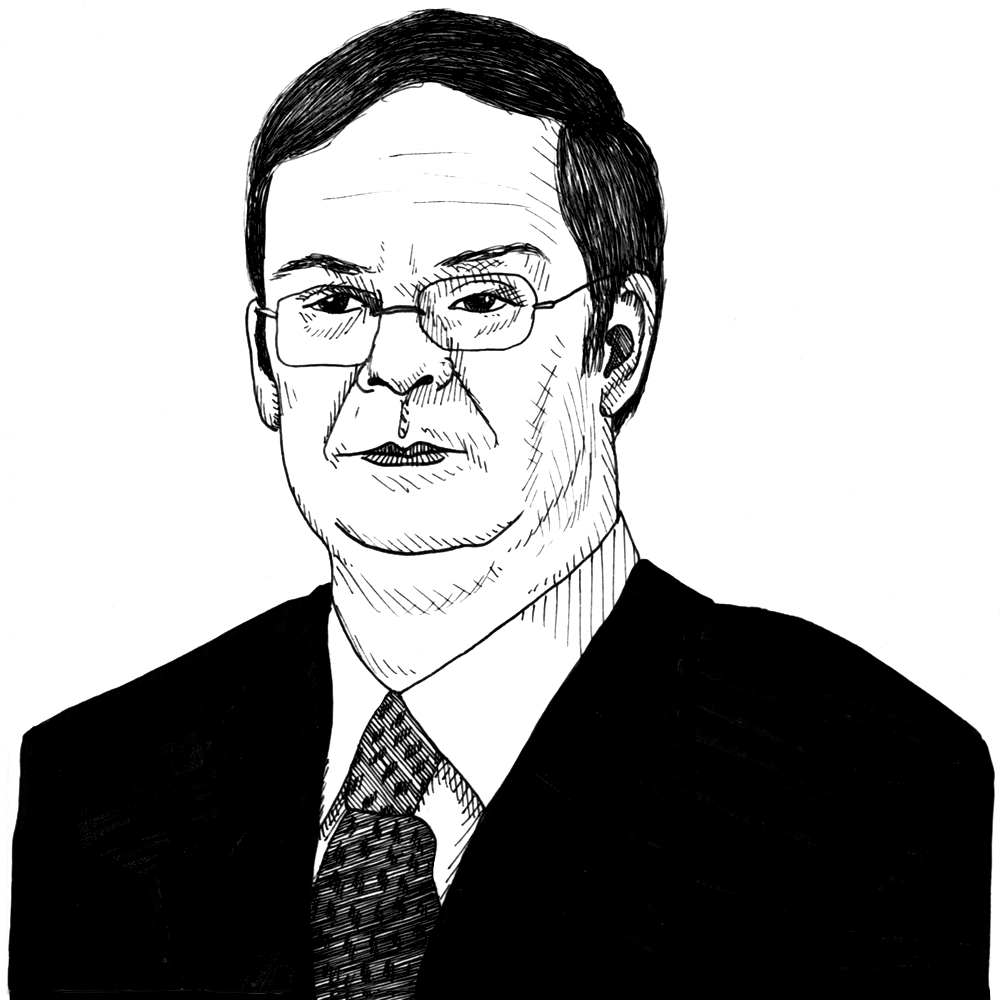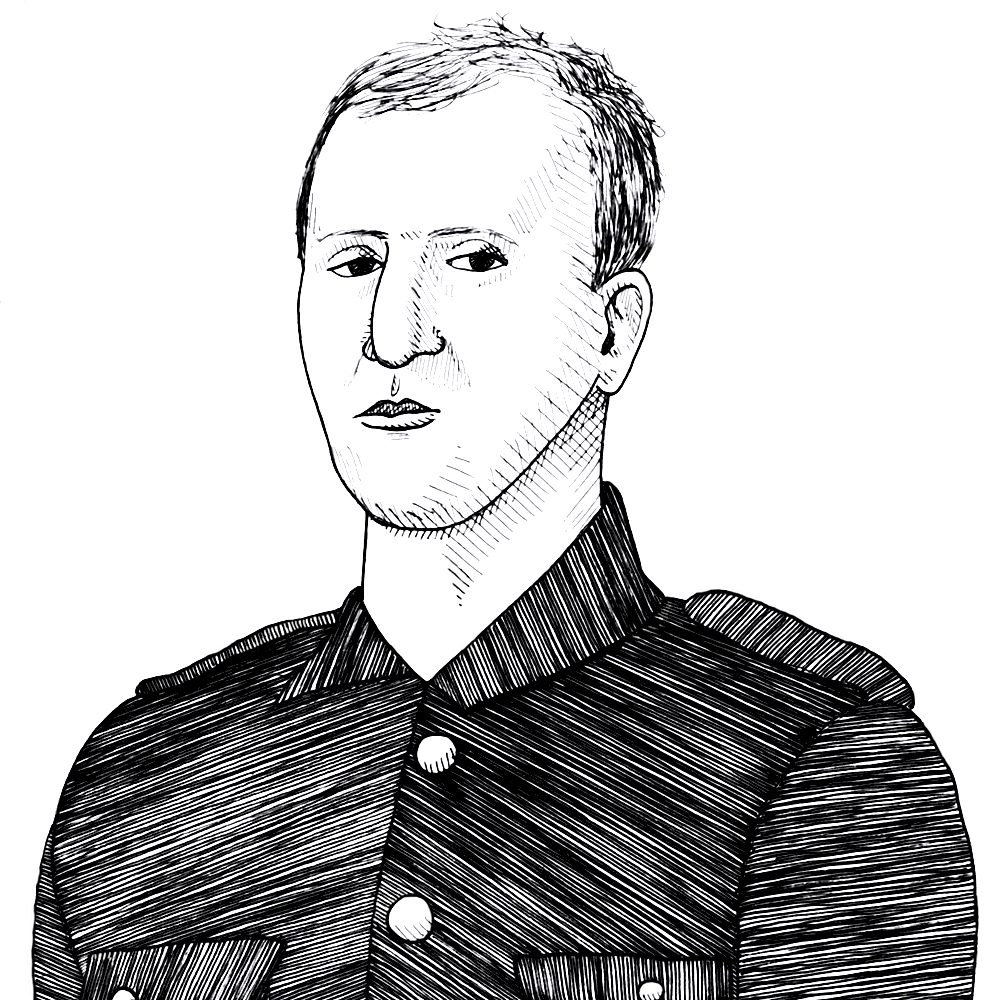Philosophy
About this Collection
What does it mean to be a human? What is the best life to live, and how can we live it? These questions, and the texts which explore them, have long guided humanity in its struggle to understand itself.
Key People
Titles & Essays
Quotes
Politics & Liberty
Adam Ferguson on Democracy
Philosophy
Adam Ferguson on Love, Self-Interest, and Pleasure
Quote
Adam Smith and our Propensity to Deceive rather than to Think ill of Ourselves
Society
Adam Smith on Admiration of the Rich and Powerful
Philosophy
Adam Smith on Happiness, Tranquility, and Enjoyment
Quote
Adam Smith on Men of Public Spirit
Philosophy
Adam Smith on Religion and the Rules of Morality
The State
Adam Smith on social change and “the man of system” (1759)
Class
Adam Smith on the dangers of faction and privilege seeking (1759)
Politics & Liberty
Adam Smith on the Dangers of sacrificing one’s Liberty for the supposed benefits of the “lordly servitude of a court” (1759)
Justice
Adam Smith on the illegitimacy of using force to promote beneficence (1759)
Quote
Adam Smith on the Nature of Happiness
Odds & Ends
Adam Smith on the ridiculousness of romantic love (1759)
War & Peace
Adam Smith on the Sympathy one feels for those Vanquished in a battle rather than for the Victors (1762)
Class
Adam Smith on why people obey and defer to their rulers (1759)
Class
Adam Smith thinks many candidates for high political office act as if they are above the law (1759)
Society
Adam Smith, Patriotism, and the Welfare of Our Fellow Citizens
Philosophy
Adam Smith, Selfishness, and Sympathy
Philosophy
Aristotle and Virtue Ethics
Philosophy
Aristotle insists that man is either a political animal (the natural state) or an outcast like a “bird which flies alone” (4thC BC)
Freedom of Speech
Benedict de Spinoza on the natural right every person has to think and speak on any subject they choose (1670)
Class
Bentham on how “the ins” and “the outs” lie to the people in order to get into power (1843)
Economics
Bentham on the proper role of government: “Be Quiet” and “Stand out of my sunshine” (1843)
Economics
Bernard Mandeville concludes his fable of the bees with a moral homily on the virtues of peace, hard work, and diligence (1705)
War & Peace
Bernard Mandeville on how the Hardships and Fatigues of War bear most heavily on the “working slaving People” (1732)
Economics
Bernard Mandeville uses a fable about bees to show how prosperity and good order comes about through spontaneous order (1705)
Philosophy
Cicero on being true to one’s own nature while respecting the common nature of others (c. 50 BCE)
Presidents, Kings, Tyrants, & Despots
Cicero on the need for politicians to place the interests of those they represent ahead of their own private interests (1st century BC)
Justice
Cicero urges the Senate to apply the laws equally in order to protect the reputation of Rome and to provide justice for the victims of a corrupt magistrate (1stC BC)
Revolution
Condorcet on why the French revolution was more violent than the American (1794)
Politics & Liberty
Condorcet writes about the inevitability of the spread of liberty and prosperity while he was in prison awaiting execution by the Jacobins (1796)
Philosophy
Confucius on Prudence and the Superior Man
Politics & Liberty
David Hume believes we should assume all men are self-interested knaves when it comes to politics (1777)
Food & Drink
David Hume examines the pride of the turkey (and other creatures) (1739)
Free Trade
David Hume on how the prosperity of one’s neighbors increases one’s own prosperity (1777)
Property Rights
David Hume on property as a convention which gradually emerges from society (1739)
Origin of Government
David Hume on the origin of government in warfare, and the “perpetual struggle” between Liberty and Power (1777)
Philosophy
David Hume on the Perception of Beauty
Origin of Government
David Hume ponders why the many can be governed so easily by the few and concludes that both force and opinion play a role (1777)
Natural Rights
Epictetus on one’s inner freedom that is immune to external coercion (c. 100 CE)
Natural Rights
Francis Hutcheson on the difference between “perfect” and “imperfect” rights (1725)
Philosophy
Francis Hutcheson’s early formulation of the principle of “the greatest Happiness for the greatest Numbers” (1726)
Food & Drink
Herbert Spencer on the pitfalls of arguing with friends at the dinner table (1897)
Sport and Liberty
Herbert Spencer worries that the violence and brutalities of football will make it that much harder to create a society in which individual rights will be mutually respected (1879)
Law
J.S. Mill in a speech before parliament denounced the suspension of Habeas Corpus and the use of flogging in Ireland, saying that those who ordered this “deserved flogging as much as any of those who were flogged by his orders” (1866)
Women’s Rights
J.S. Mill on the wife as the “actual bondservant of her husband” in the 19th century (1869)
Women’s Rights
J.S. Mill spoke in Parliament in favour of granting women the right to vote, to have “a voice in determining who shall be their rulers” (1866)
Politics & Liberty
J.S. Mill was convinced he was living in a time when he would experience an explosion of classical liberal reform because “the spirit of the age” had dramatically changed (1831)
Property Rights
J.S. Mill’s great principle was that “over himself, over his own body and mind, the individual is sovereign” (1859)
Class
Jeremy Bentham argued that the ruling elite benefits from corruption, waste, and war (1827)
Class
Jeremy Bentham on how the interests of the many (the people) are always sacrificed to the interests of the few (the sinister interests) (1823)
Natural Rights
Jeremy Bentham on rights as a creation of the state alone (1831)
Philosophy
Jeremy Bentham on the Utility Principle
Colonies, Slavery & Abolition
Jeremy Bentham relates a number of “abominations” to the French National Convention urging them to emancipate their colonies (1793)
Religion & Toleration
John Locke believed that the magistrate should not punish sin but only violations of natural rights and public peace (1689)
Religion & Toleration
John Locke on the separation of Church and Magistrate (1689)
Education
John Locke tells a “gentleman” how important reading and thinking is to a man of his station whose “proper calling” should be the service of his country (late 1600s)
Class
John Stuart Mill discusses the origins of the state whereby the “productive class” seeks protection from one “member of the predatory class” in order to gain some security of property (1848)
Colonies, Slavery & Abolition
John Stuart Mill on “the sacred right of insurrection” (1862)
Colonies, Slavery & Abolition
John Stuart Mill on the “atrocities” committed by Governor Eyre and his troops in putting down the Jamaica rebellion (1866)
Religion & Toleration
John Stuart Mill on the “religion of humanity” (c. 1858)
Politics & Liberty
John Stuart Mill on the need for limited government and political rights to prevent the “king of the vultures” and his “minor harpies” in the government from preying on the people (1859)
Women’s Rights
John Stuart Mill uses an analogy with the removal of protective duties and bounties in trade to urge a similar “Free Trade” between the sexes (1869)
Economics
Lao Tzu and the Tao of laissez-faire (6thC BC)
Presidents, Kings, Tyrants, & Despots
Lao Tzu discusses how “the great sages” (or wise advisors) protect the interests of the prince and thus “prove to be but guardians in the interest of the great thieves” (600 BC)
Property Rights
Lord Kames states that the “hoarding appetite” is part of human nature and that it is the foundation of our notion of property rights (1779)
Economics
Mandeville on the social cooperation which is required to produce a piece of scarlet cloth (1723)
Philosophy
Marcus Aurelius on using reason to live one’s life “straight and right” (170)
Philosophy
Michael Oakeshott on Individualized Reason
Socialism & Interventionism
Mill on the dangers of the state turning men into “docile instruments” of its will (1859)
Justice
Pascal and the absurd notion that the principles of justice vary across state borders (1669)
Philosophy
Plato believed that great souls and creative talents produce “offspring” which can be enjoyed by others: wisdom, virtue, poetry, art, temperance, justice, and the law (340s BC)
Presidents, Kings, Tyrants, & Despots
Plato warns of the people’s protector who, once having tasted blood, turns into a wolf and a tyrant (340s BC)
Politics & Liberty
Samuel Smiles on how an idle, thriftless, or drunken man can, and should, improve himself through self-help and not by means of the state (1859).
Politics & Liberty
Shaftesbury on the need for liberty to promote the liberal arts (1712)
Freedom of Speech
Shaftesbury on the True Test of Bravery
Quote
Shaftesbury on Truth as the Most Powerful Thing in the World
Education
Sir Francis Bacon on Doubts, Patience, and Certainties
Philosophy
Socrates on the Good in Death
Economics
Spencer on spontaneous order produced by “the beneficent working of social forces” (1879)
Parties & Elections
Spencer on voting as a poor instrument for protecting our rights to life, liberty, and property (1879)
Parties & Elections
Spencer on voting in elections as a screen behind which the wirepullers turn the sovereign people into a puppet (1882)
Freedom of Speech
Spinoza on being master of one’s own thoughts (1670)
Religion & Toleration
Spinoza on the dangers of using superstition to hoodwink the people (1670)
Freedom of Speech
The Earl of Shaftesbury on the value of good conversations for questioning everything (1709)
Sport and Liberty
The Earl of Shaftesbury relates the story of an unscrupulous glazier who gives the rowdy town youths a football so they will smash windows in the street and thus drum up business (1737)
Odds & Ends
The Earl of Shaftesbury states that civility and politeness is a consequence of liberty by which “we polish one another, and rub off our Corners and rough Sides” (1709)
Origin of Government
William Paley dismisses as a fiction the idea that there ever was a binding contract by which citizens consented to be ruled by their government (1785)
Property Rights
Wollaston on crimes against person or property as contradictions of fundamental truths (1722)
Notes About This Collection
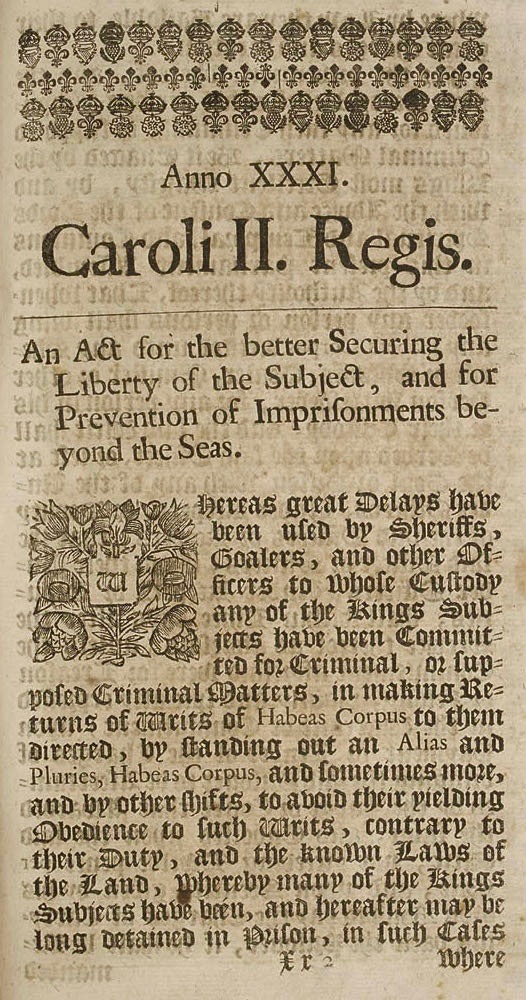
See also the extracts, chapters, and introductions in the Philosophy section of the Ideas page.
